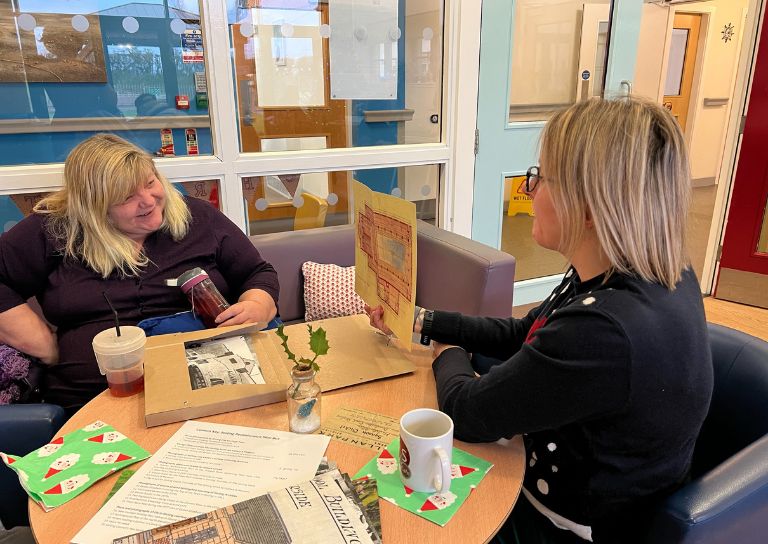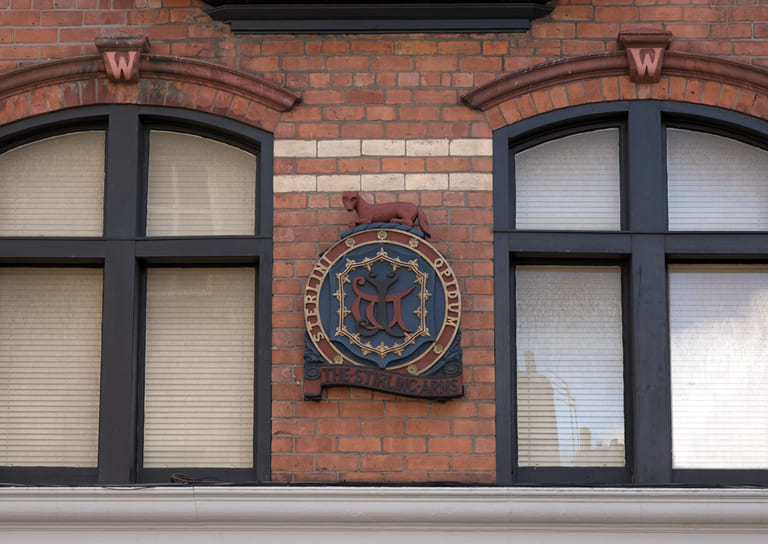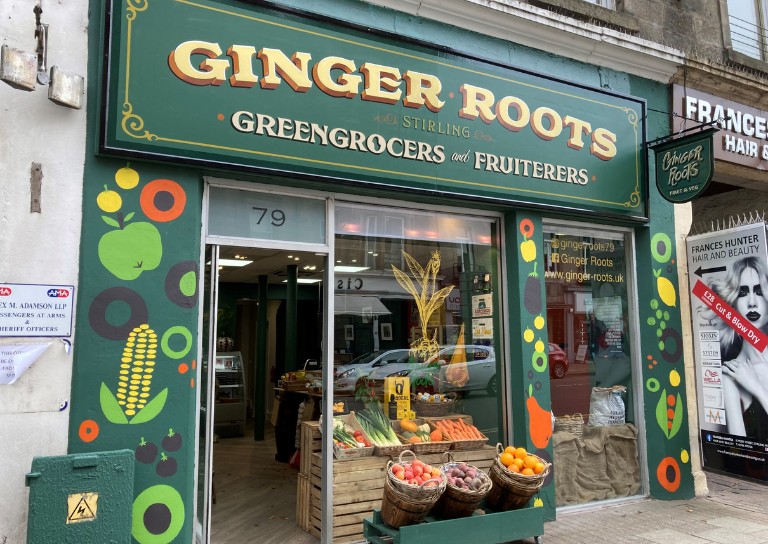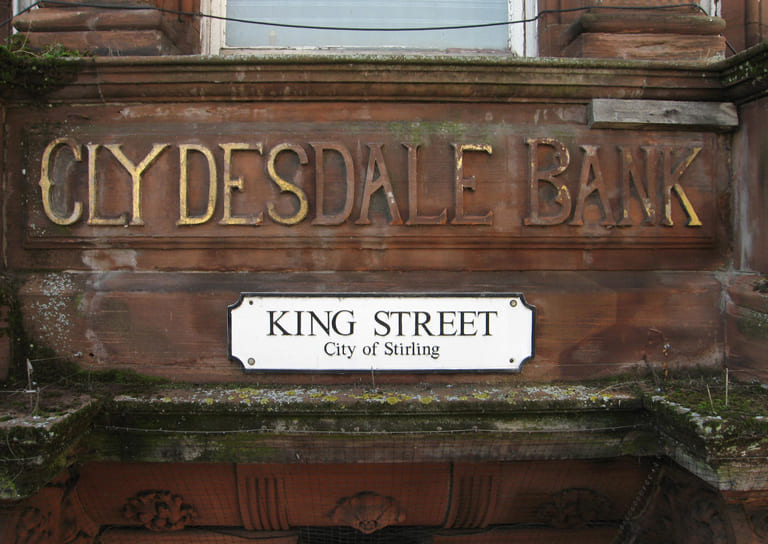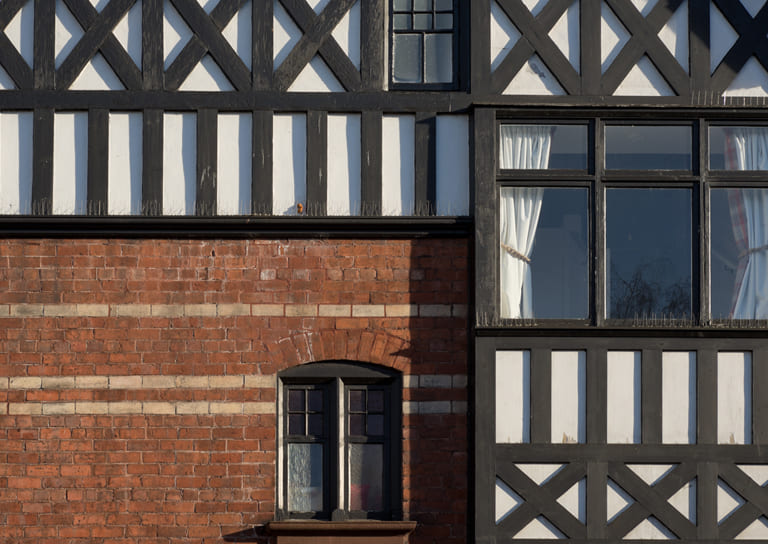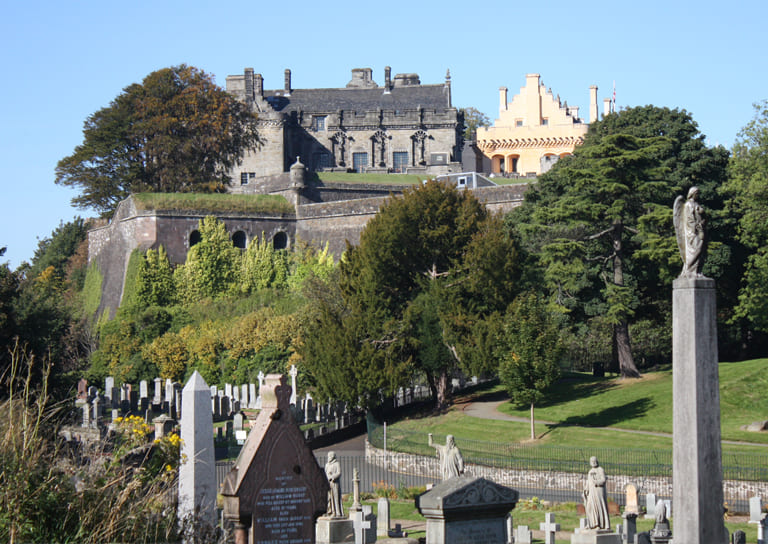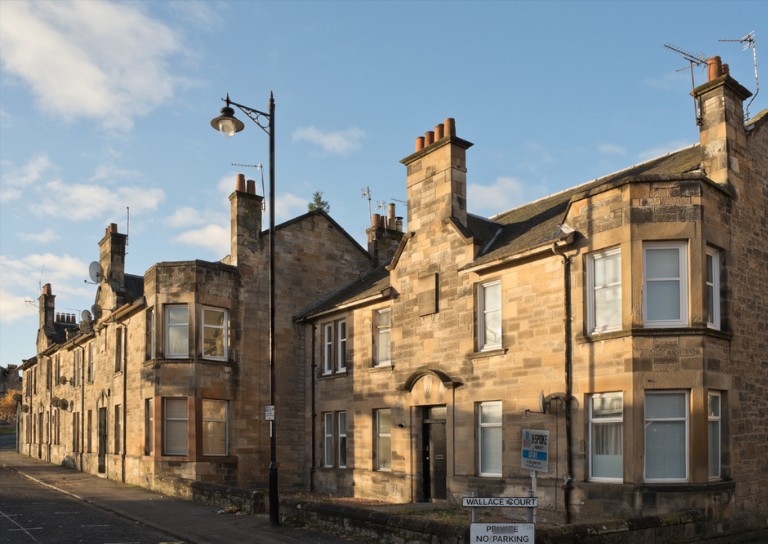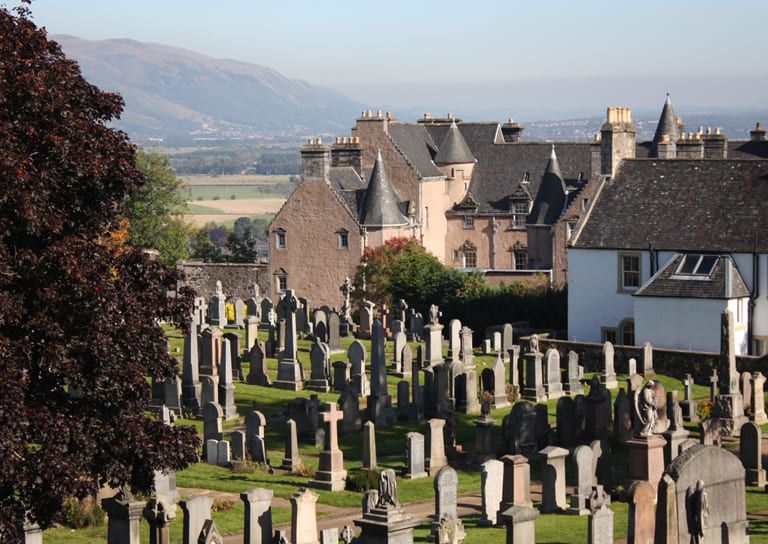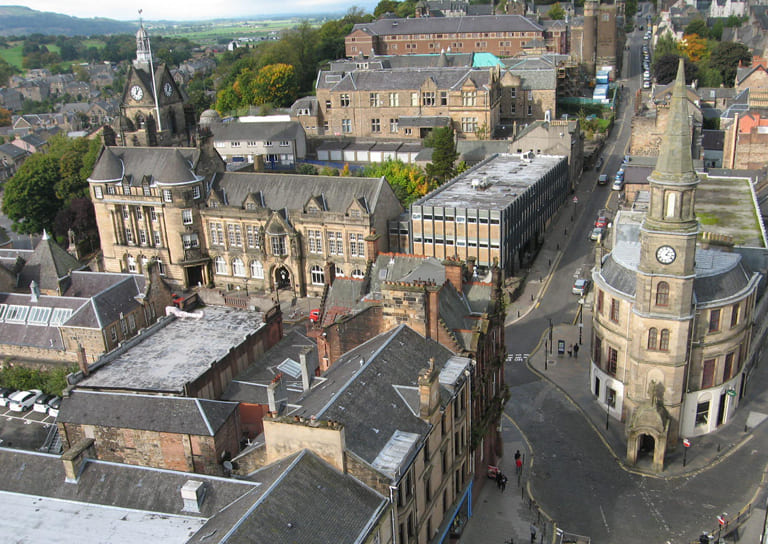- Home
- Our Work
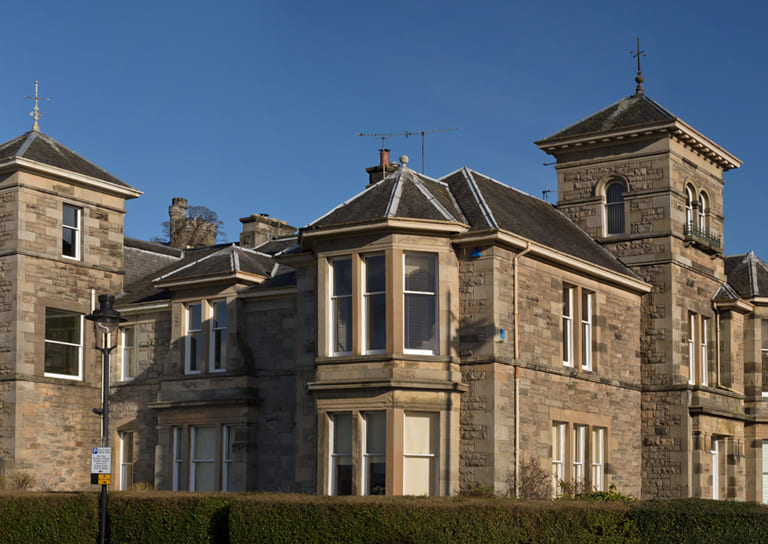
- Stirling's Story
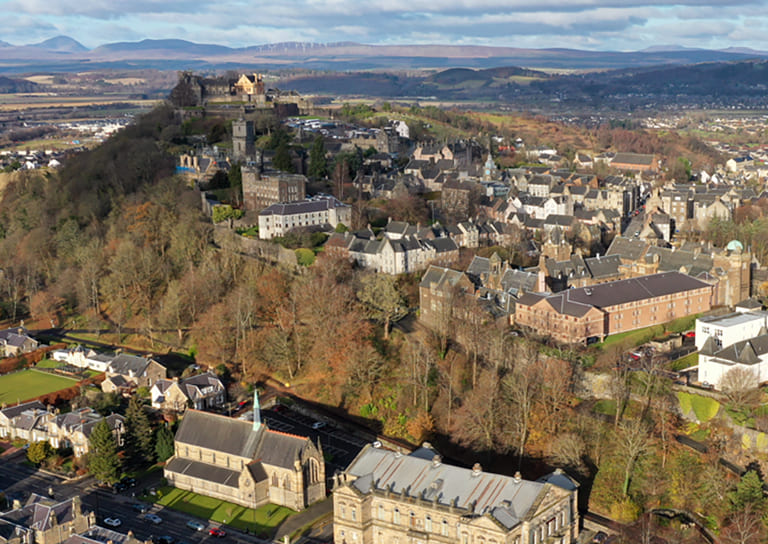
- Blog
- Beechwood House and the Transatlantic Slave Trade
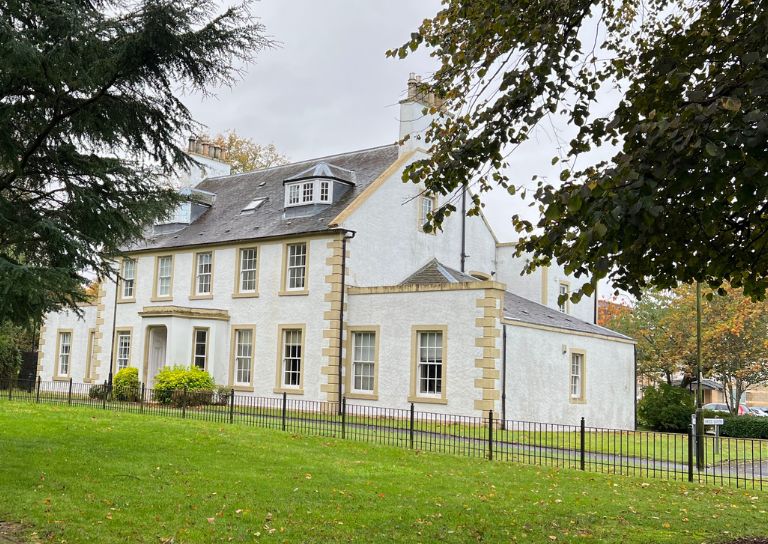
- New Retrofit Service now available for Traditional Buildings Health Check Members
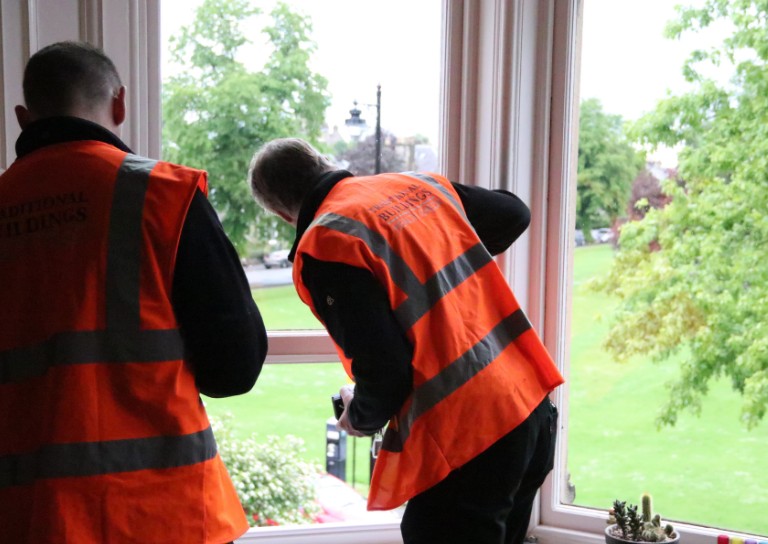
- Retrofitting Traditional Buildings: Chimneys
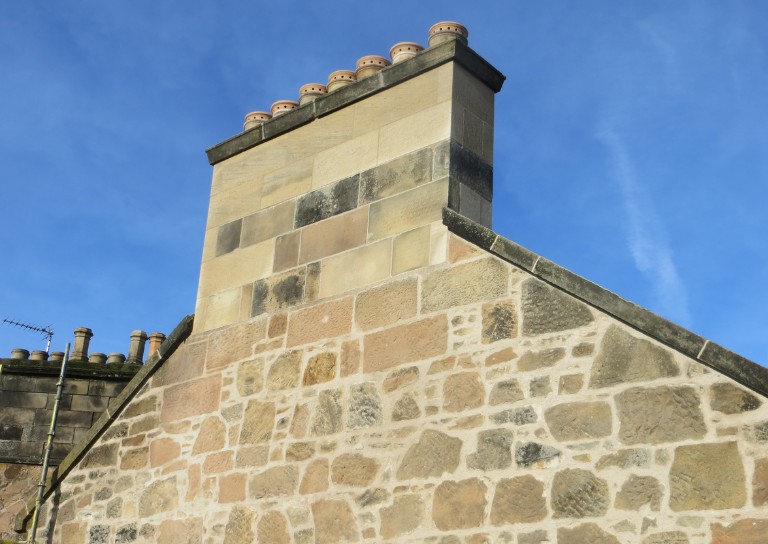
- SCHT 20: Championing Women in Construction
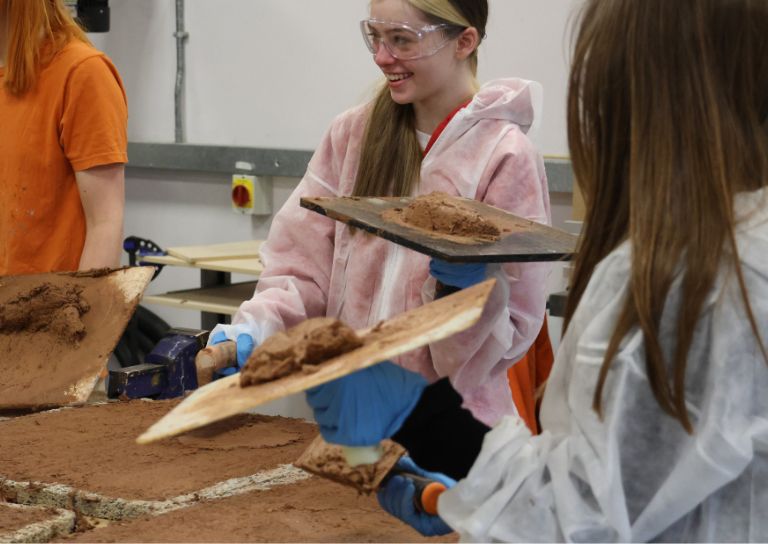
- Stirling's Lost Swimming Pools
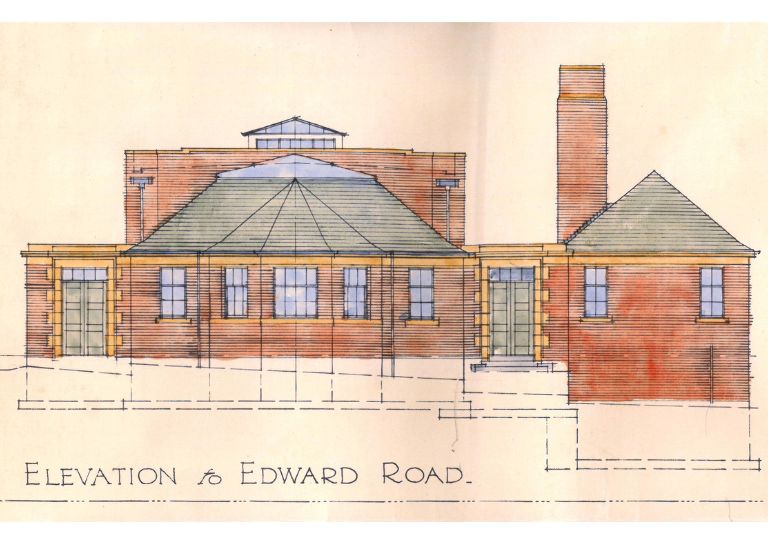
- Women in Construction at Bannockburn House
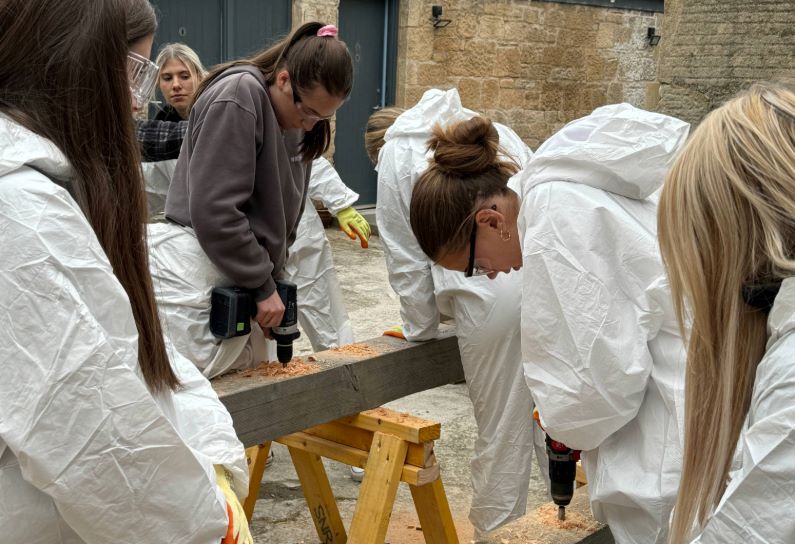
- Avenues to the Past: Stirling’s Historic Streets Exhibition
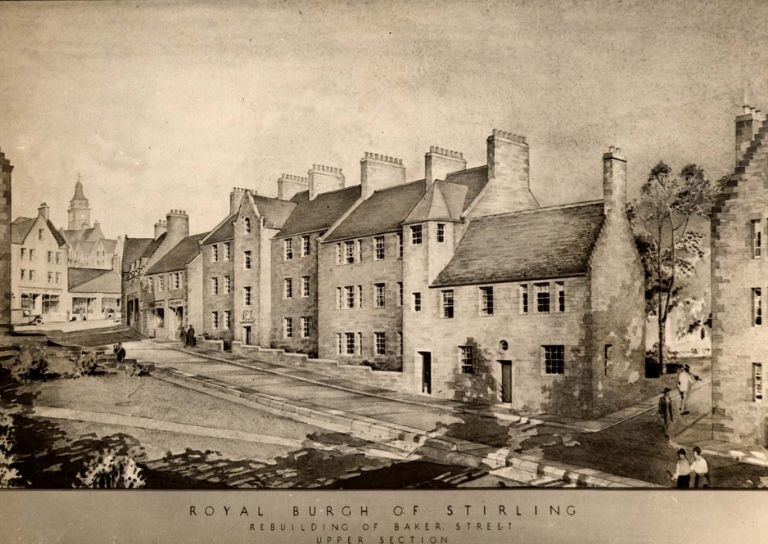
- Retrofitting Traditional Buildings
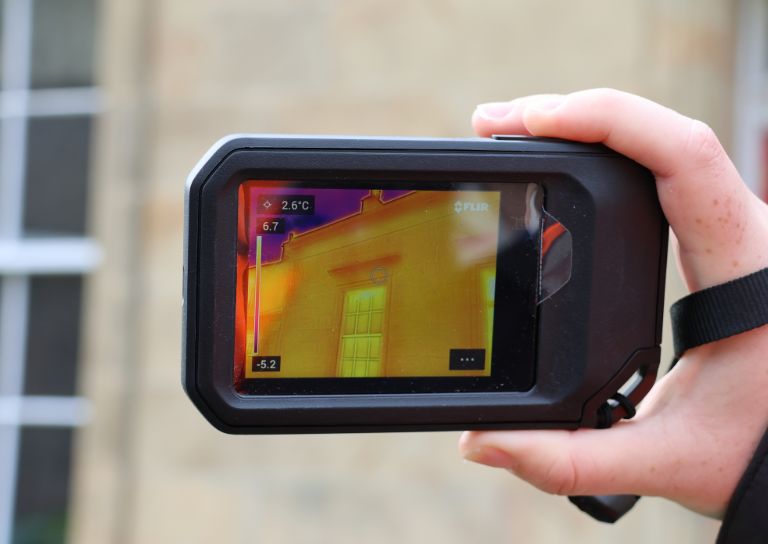
- Retrofitting Traditional Buildings: Windows
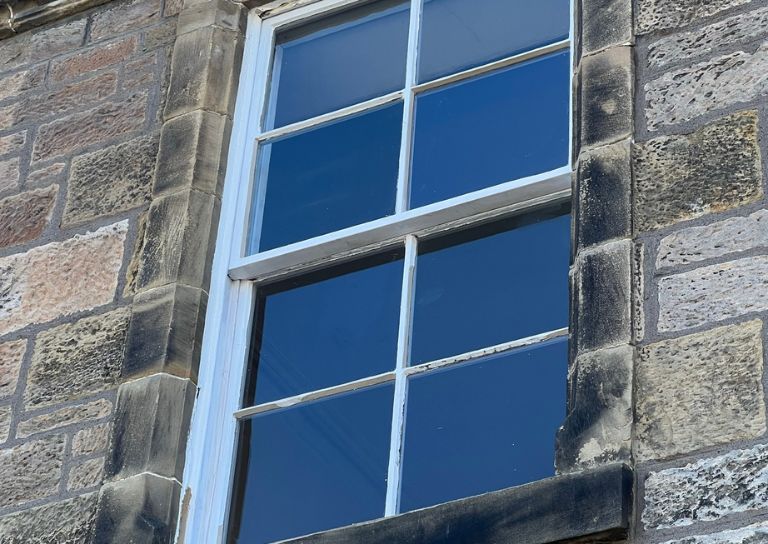
- Statement on Langgarth House
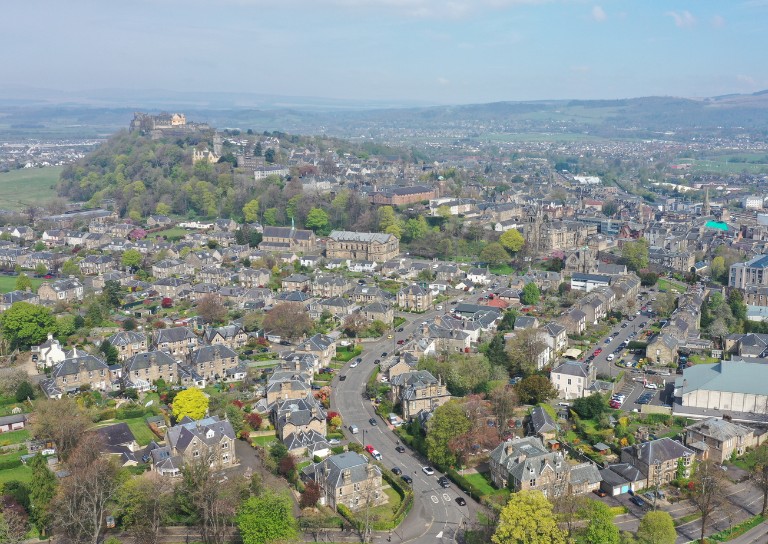
- Guest Blog: Dementia Friendly Heritage Interpretation
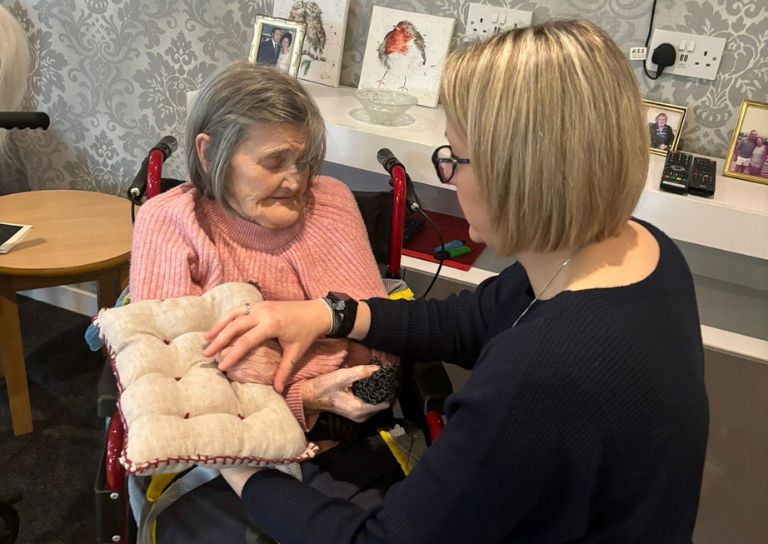
- SCHT Grant Conditions: Owners Associations
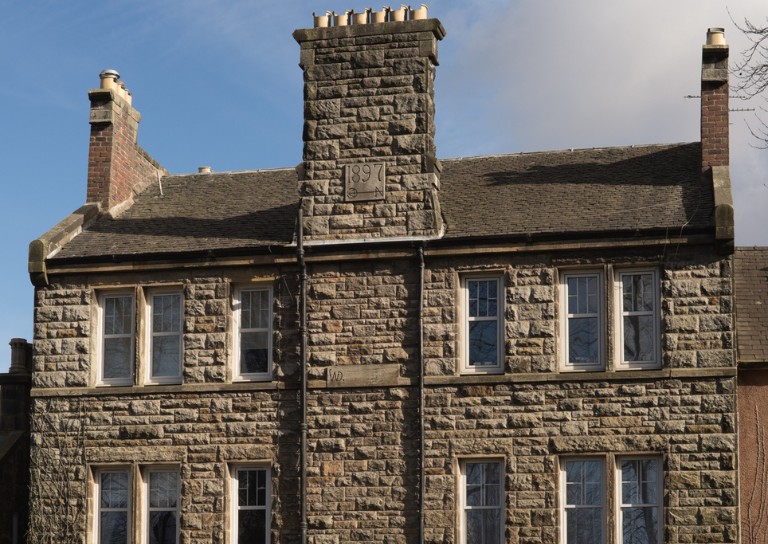
- Stirling Business Awards 2025

- What is a Conservation Area
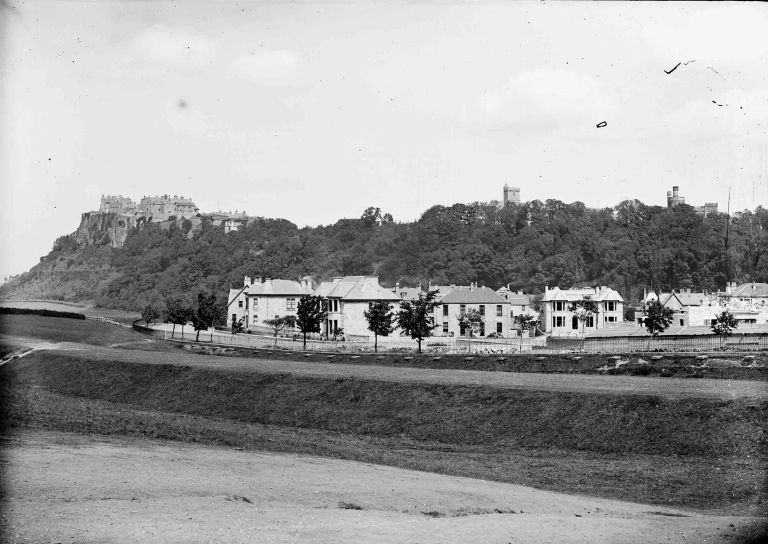
- 20 Great Buildings of Stirling
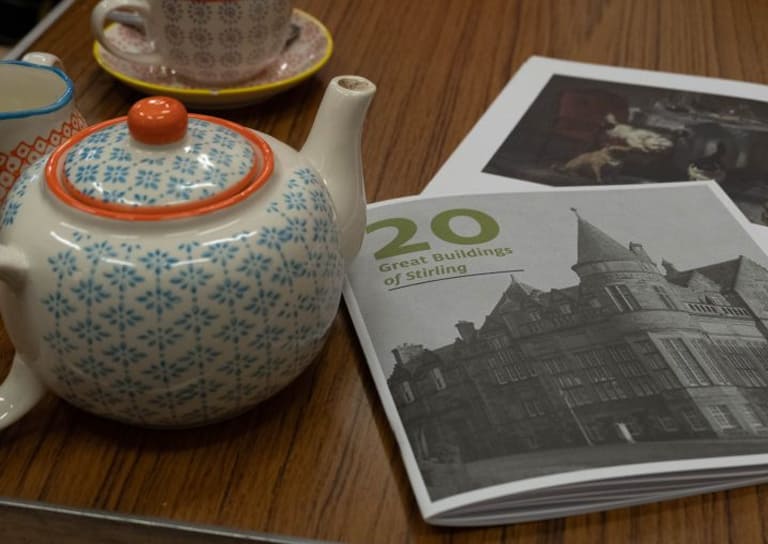
- Building Resilience: Maintaining Traditional Buildings
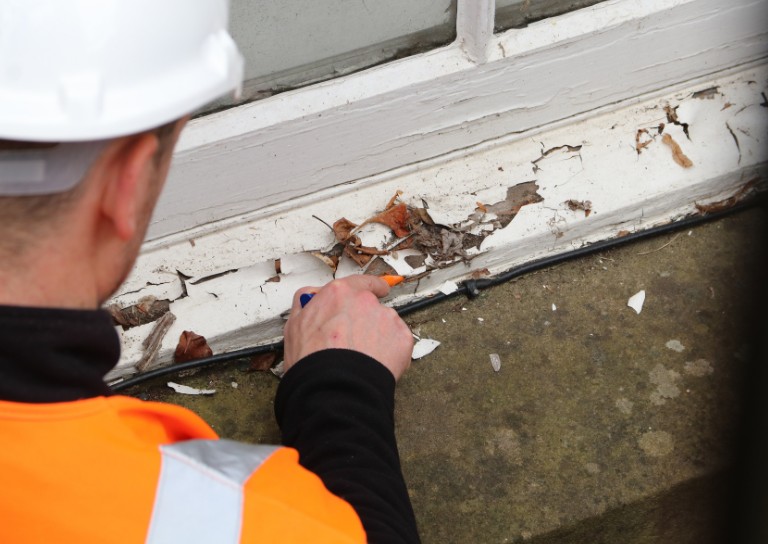
- Architects and The Thistle Property Trust

- World Heritage Day: Exploring Hayford Mill
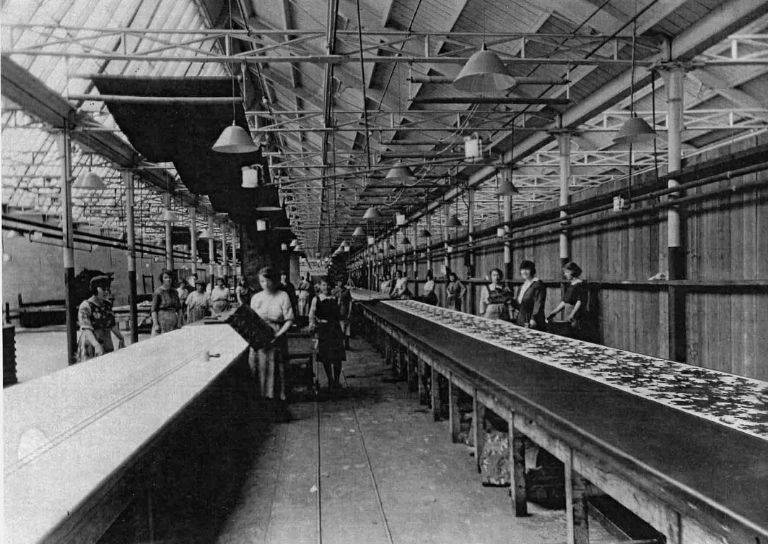
- Community Consultation launched for Stirling’s Heritage Strategy
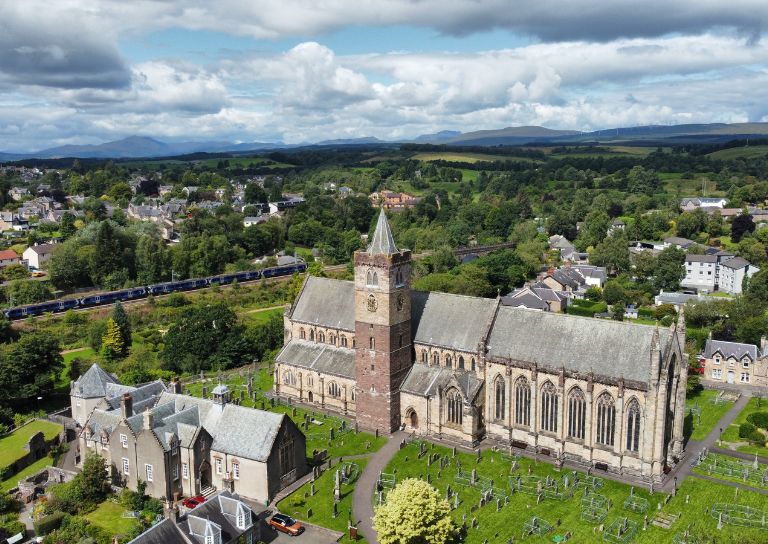
- SVE Inspire Awards September 2024

- Reminiscence Art Project
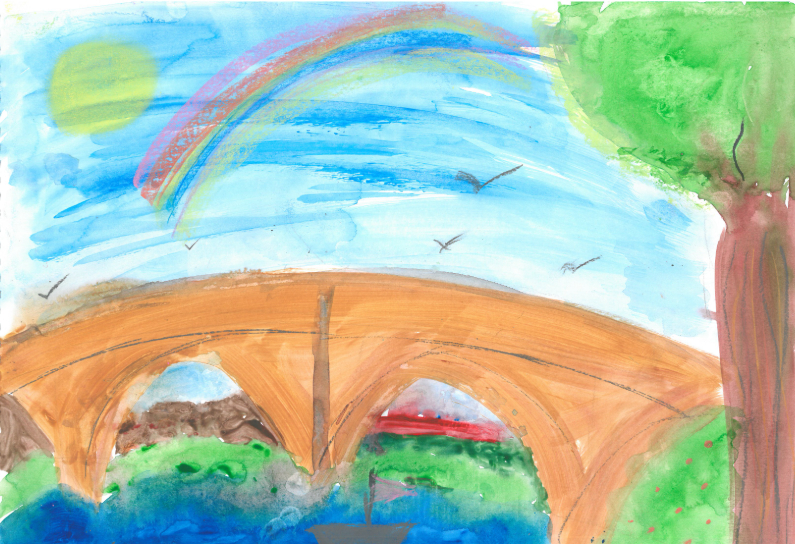
- On the European Stage: Preserving by Maintaining conference, Bratislava

- The Abolition Movement in Stirling
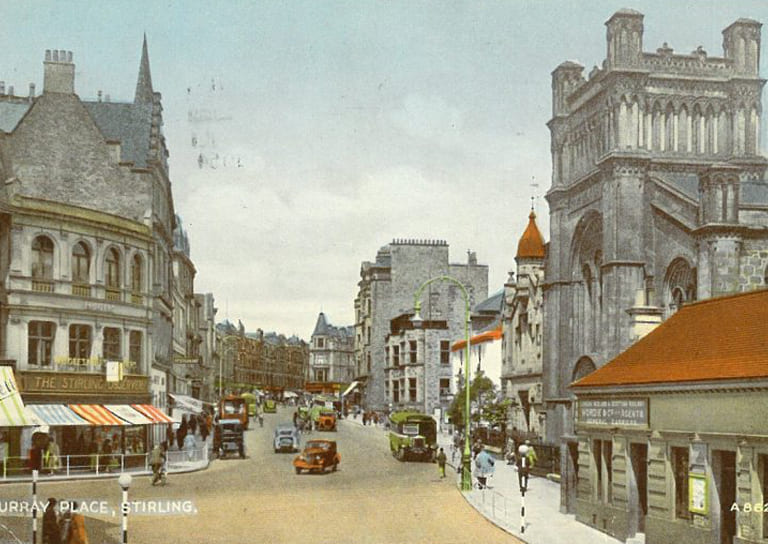
- Shopping Arcades
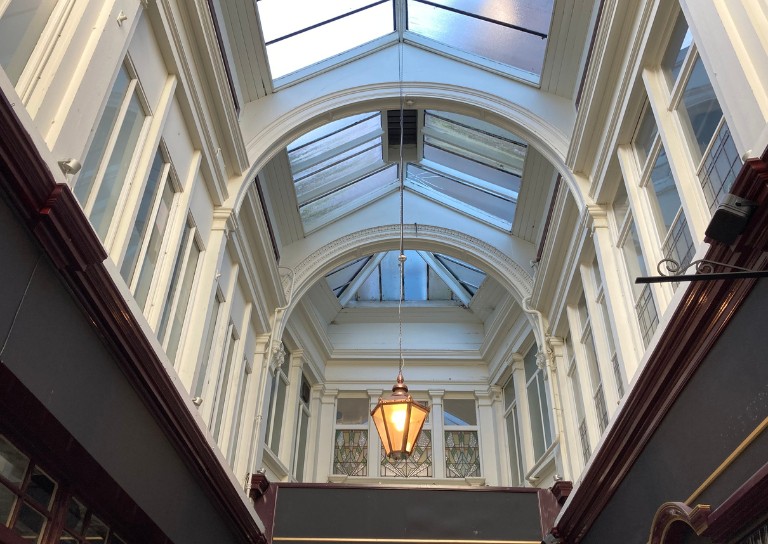
- Retrofitting Traditional Buildings: Insulation
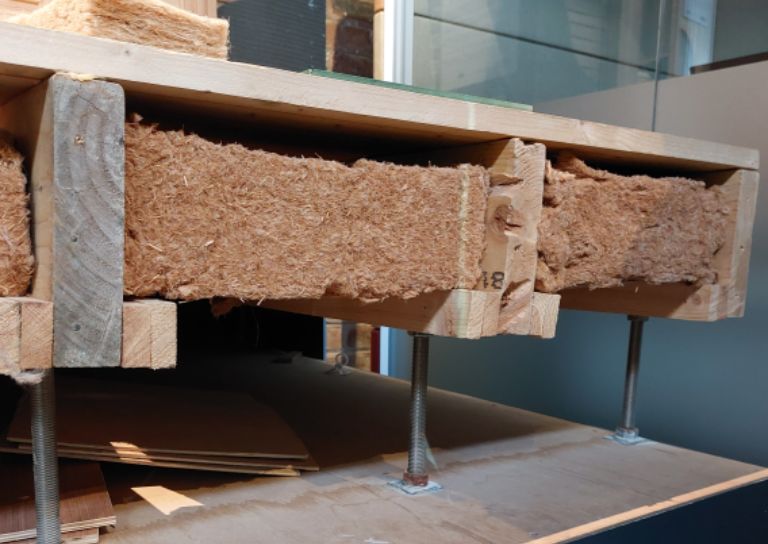
- Retrofitting Traditional Buildings: Climatic Adaptation
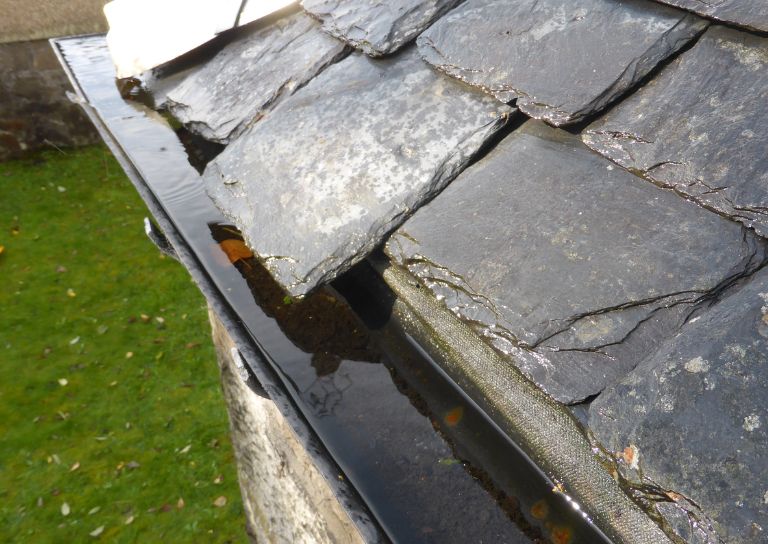
- Kings, Wolves and Drones: 20 years of care and repair at Stirling City Heritage Trust

- Practical Workshop on Retrofitting Insulation with A. Proctor Group

- Marking the 80th anniversary of VE Day
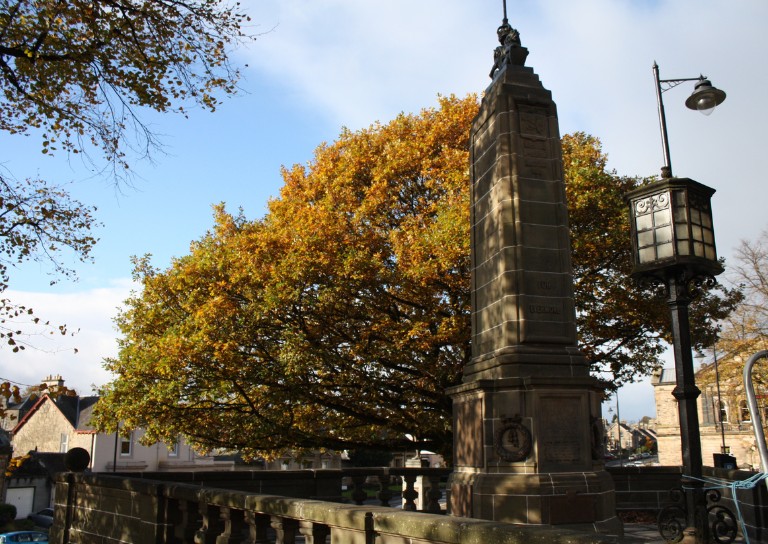
- Walker Family Visit
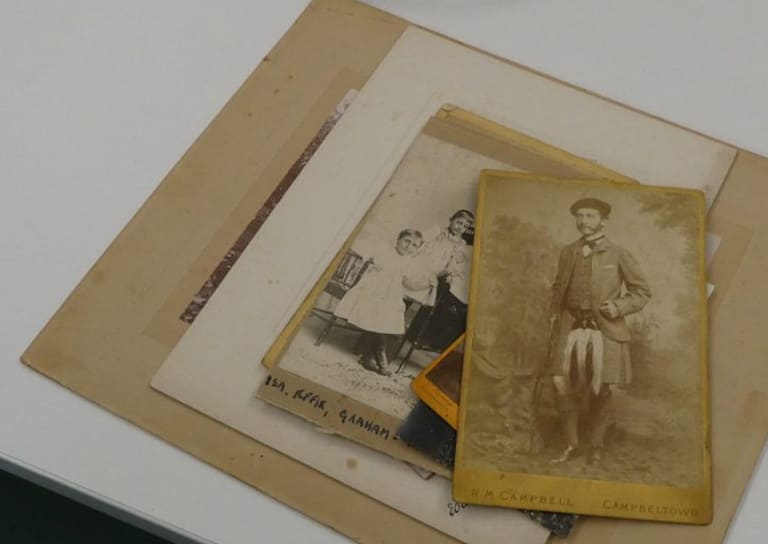
- Retrofitting Traditional Buildings: Fabric First
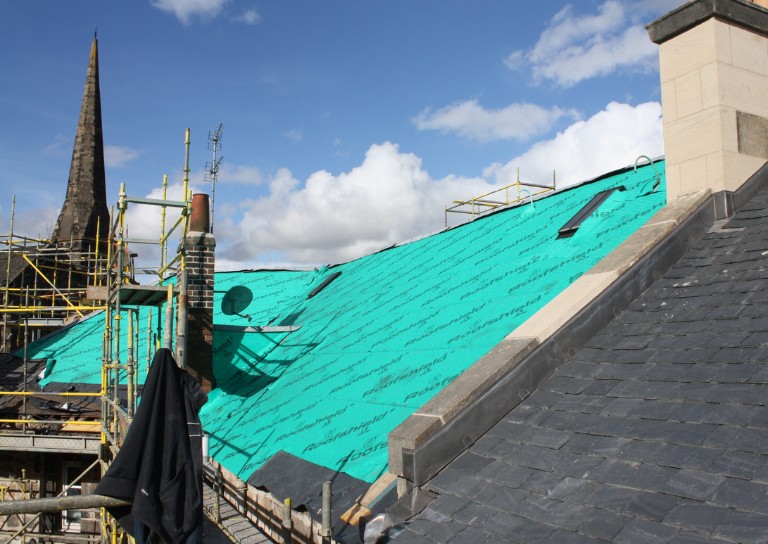
- Supporting traditional building repair in Stirling
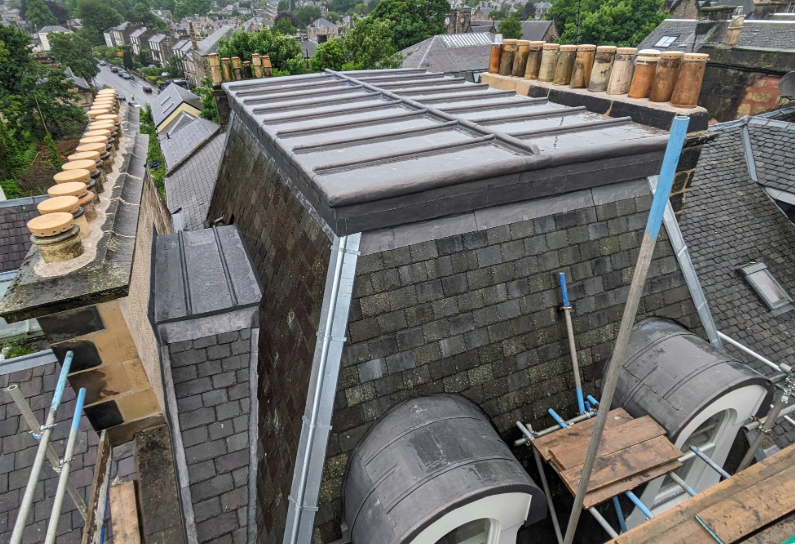
- Stirling's Historic Jails
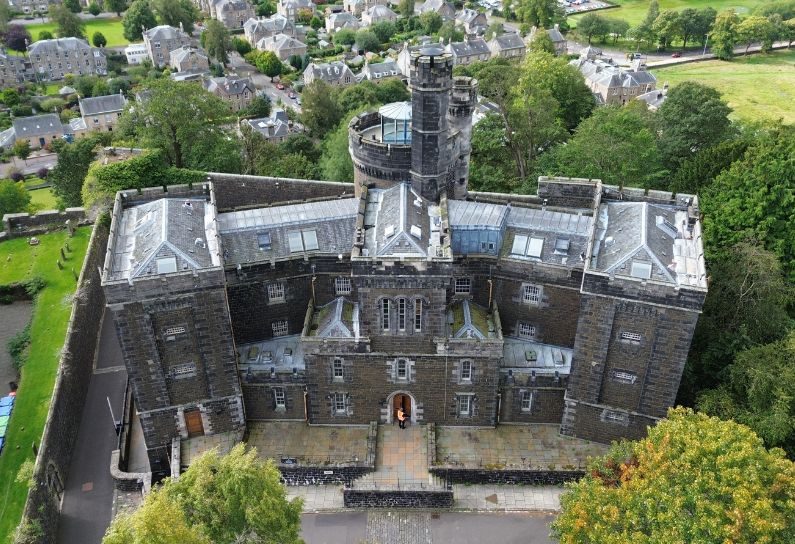
- Ghost Tales from Stirling
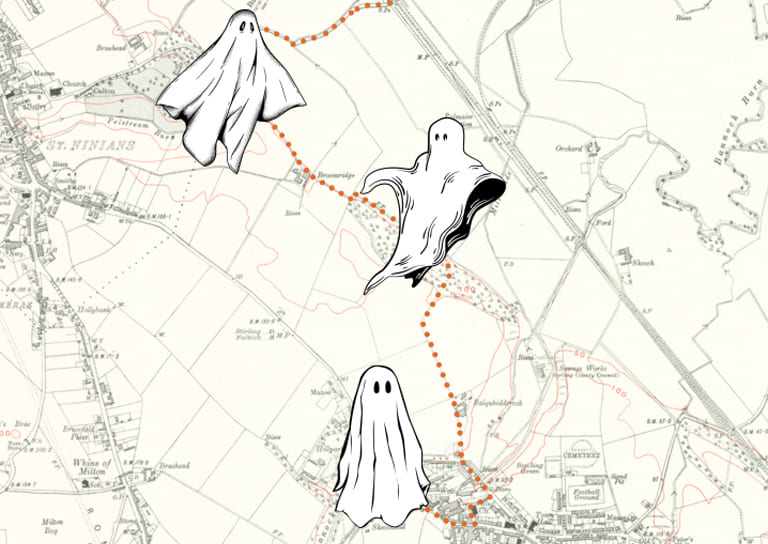
- Stirling Reminiscence Box
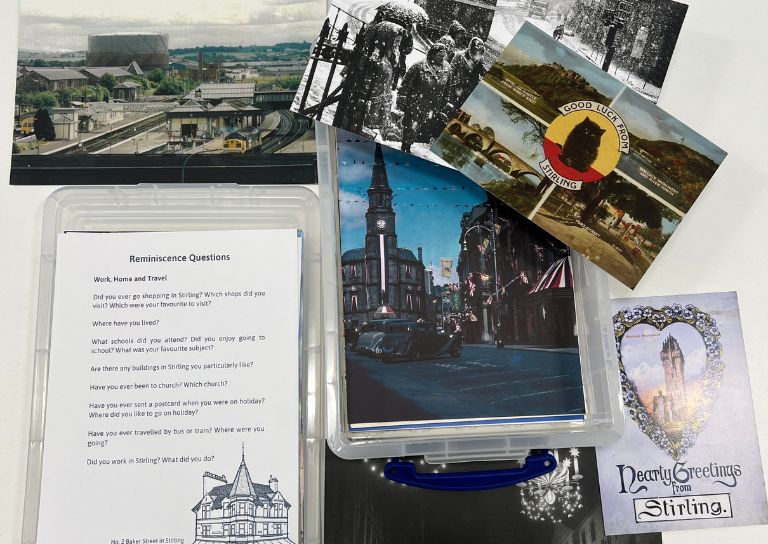
- Stirling City Heritage Trust at 20
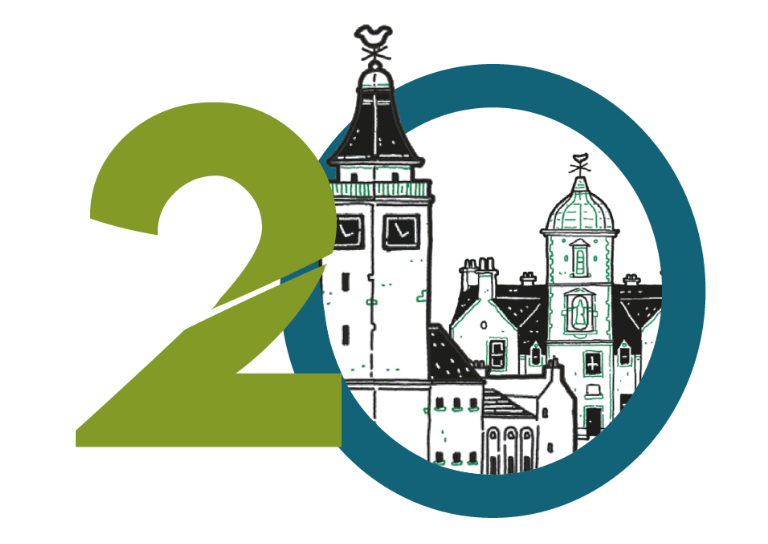
- Retrofit Event: Meet the Suppliers
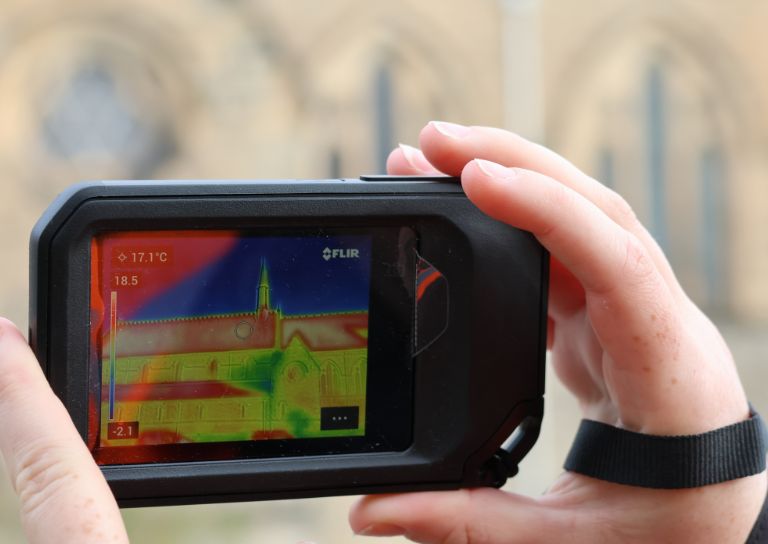
- Snowdon House and The West Indies
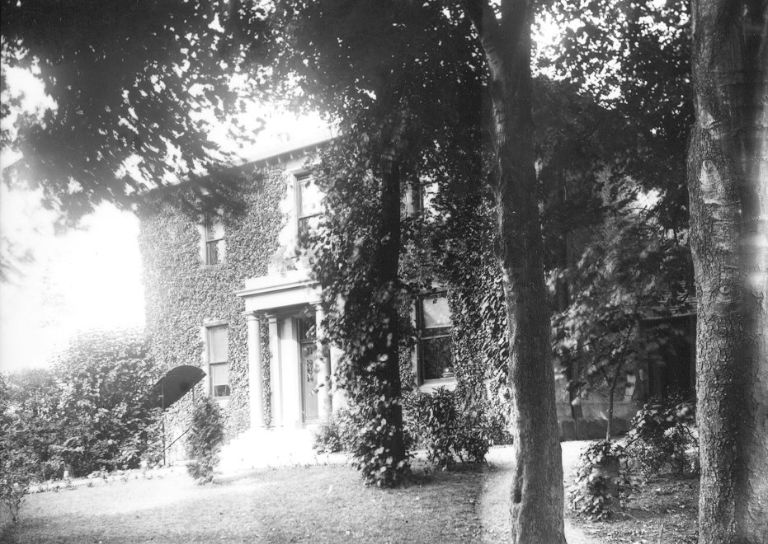
- Miss Curror and the Thistle Property Trust
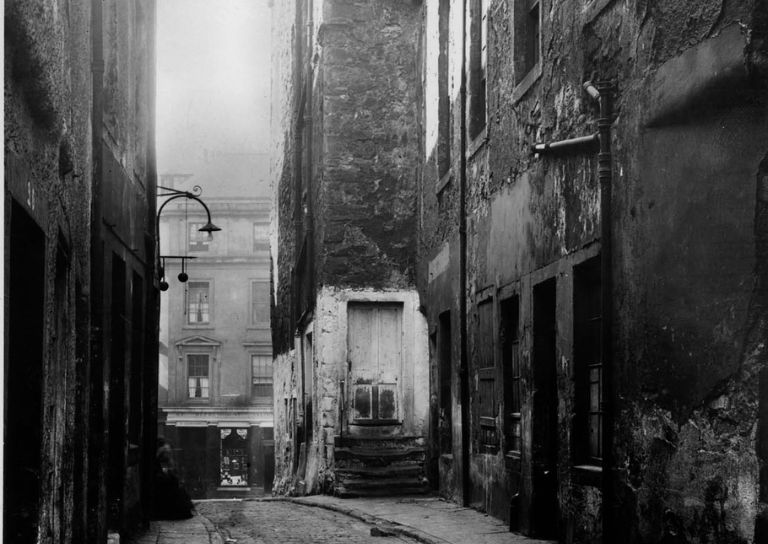
- Dr Lindsay Lennie retires from Stirling City Heritage Trust
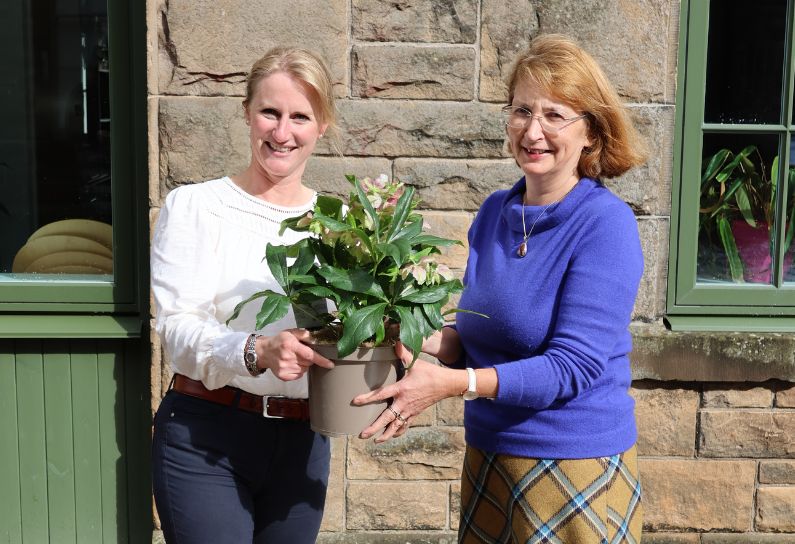
- Stirling’s Streetscape Stories: Photography Workshop
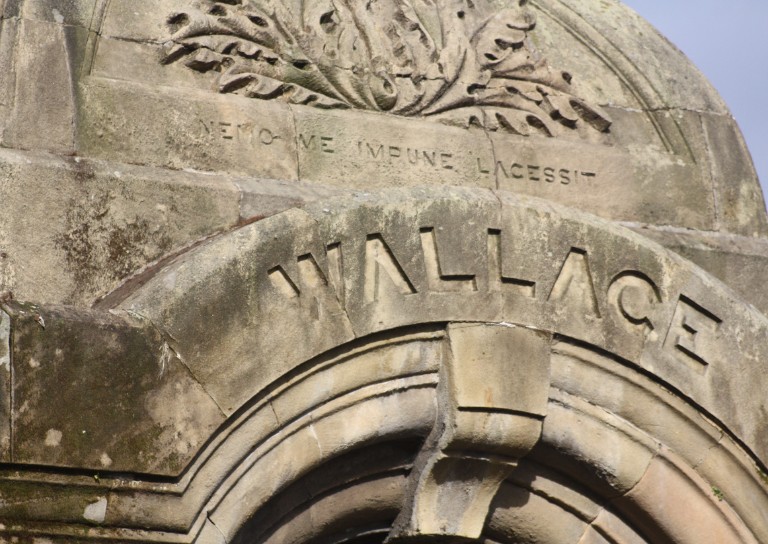
- Level 3 Award in Energy Efficiency for Older and Traditional Buildings Retrofit Course (2 Day)

- Stirlingshire’s Highland Games
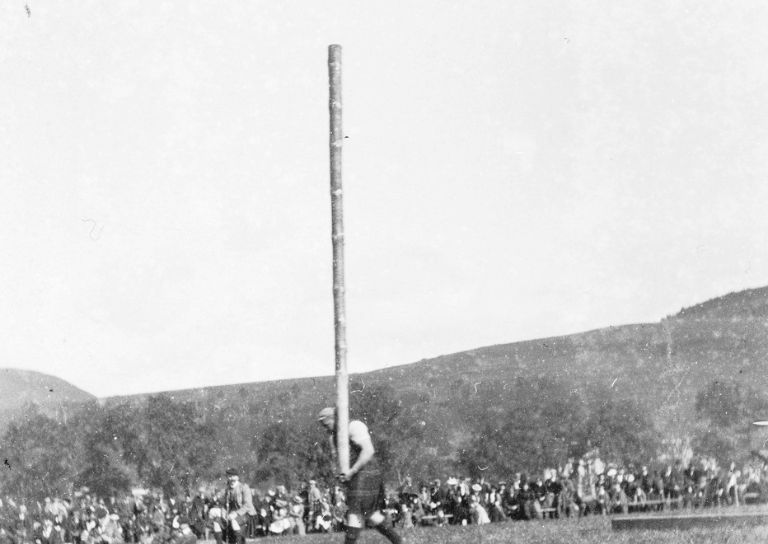
- Creative careers in the heritage sector
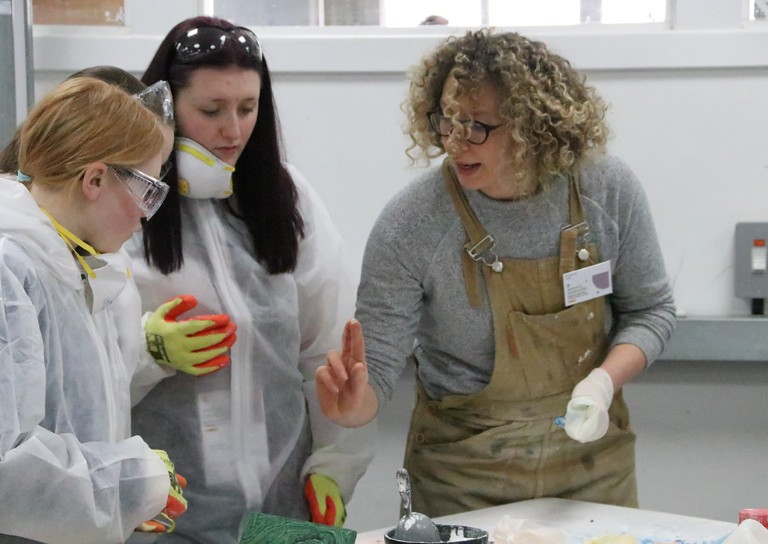
- Postcards From Stirling
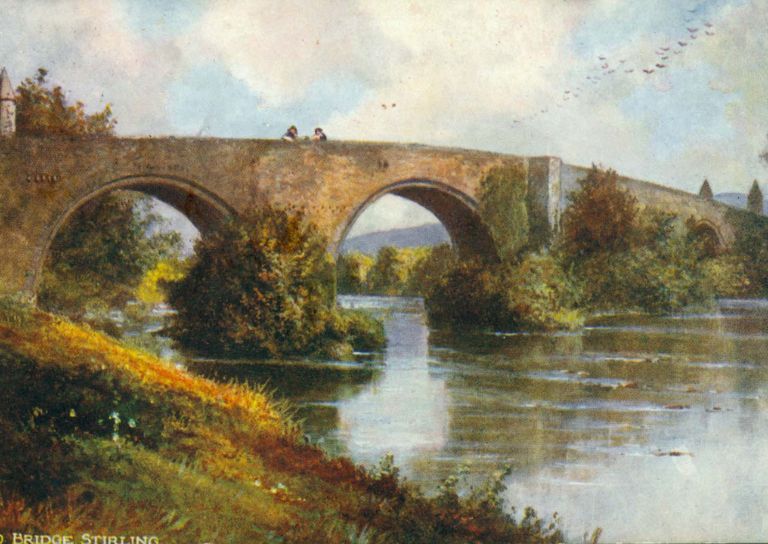
- Stirling’s Gala Days
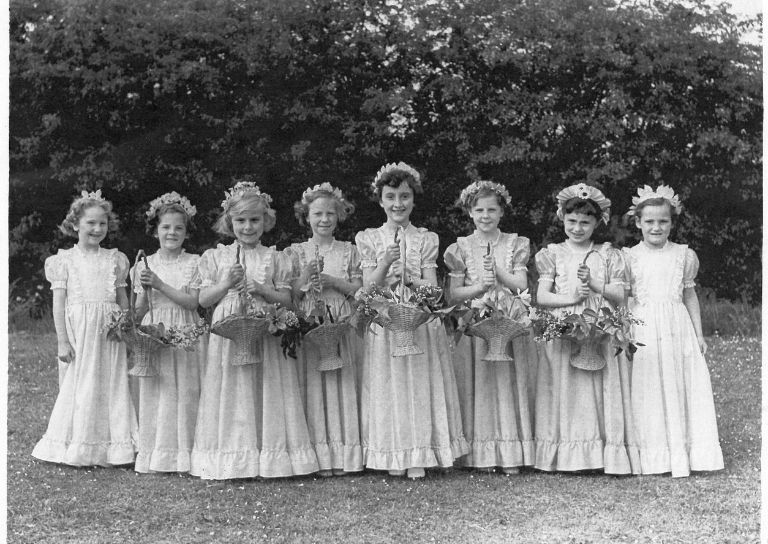
- Building Surveying Student Intern at Stirling City Heritage Trust
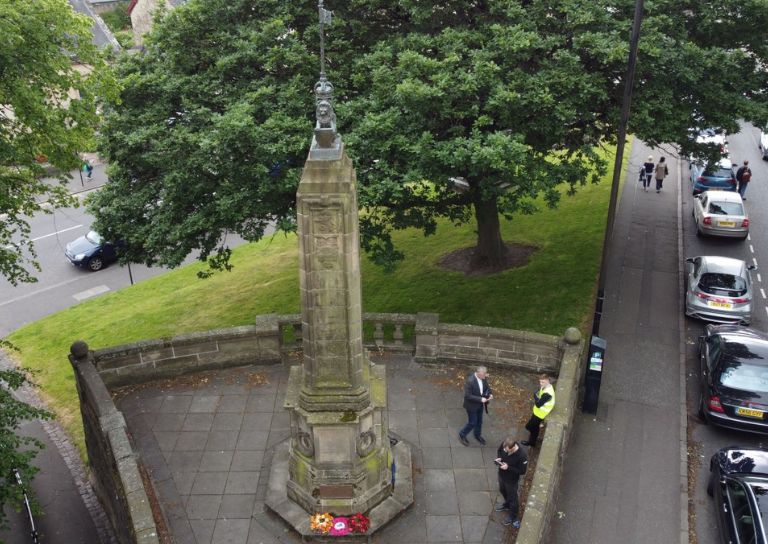
- Heritage Trail: Stirling Walks
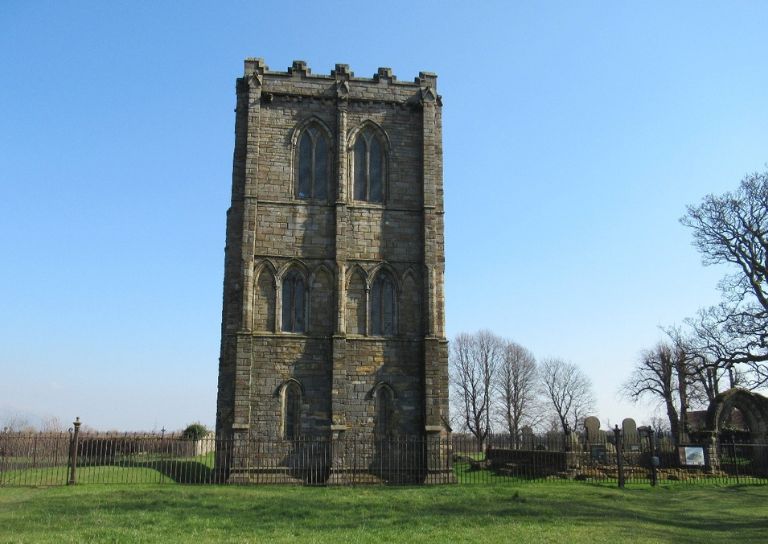
- Local History Resources
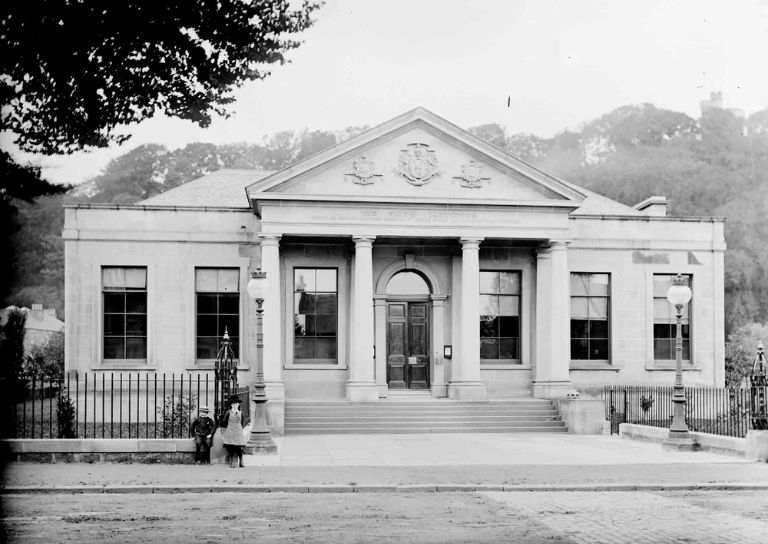
- Stirling Through the Decades
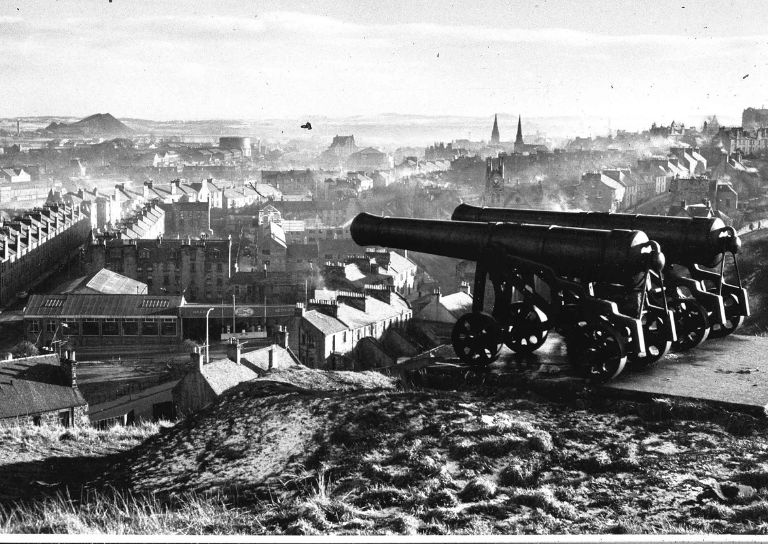
- Stirling’s STEM Pioneers

- Traditional Skills: Signwriting

- Christian MacLagan, a pioneering lady, but born too soon?
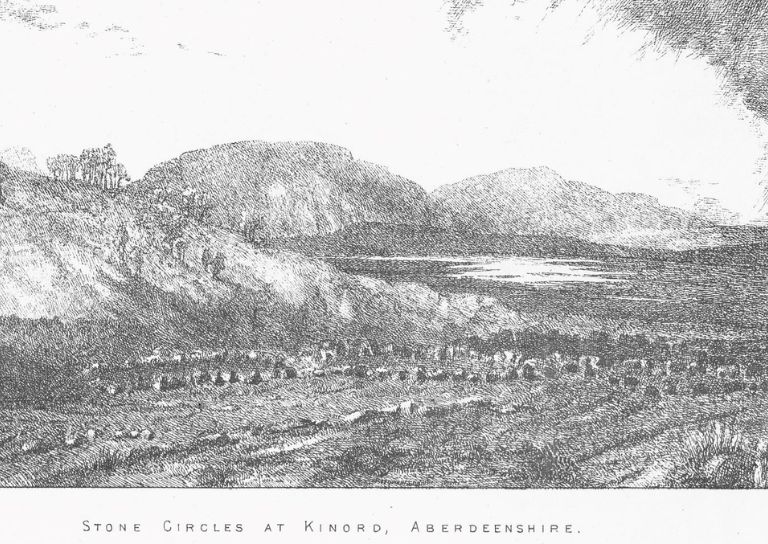
- Traditional Shopfronts in Stirling
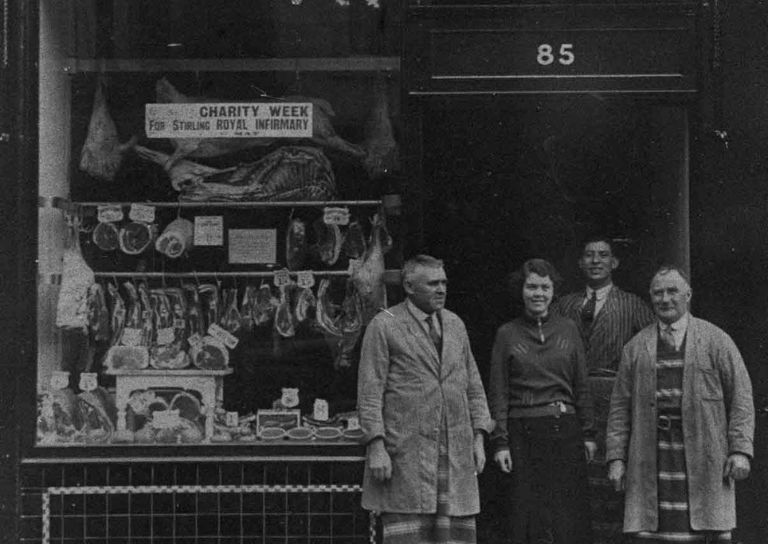
- Stirling History Books for World Book Day
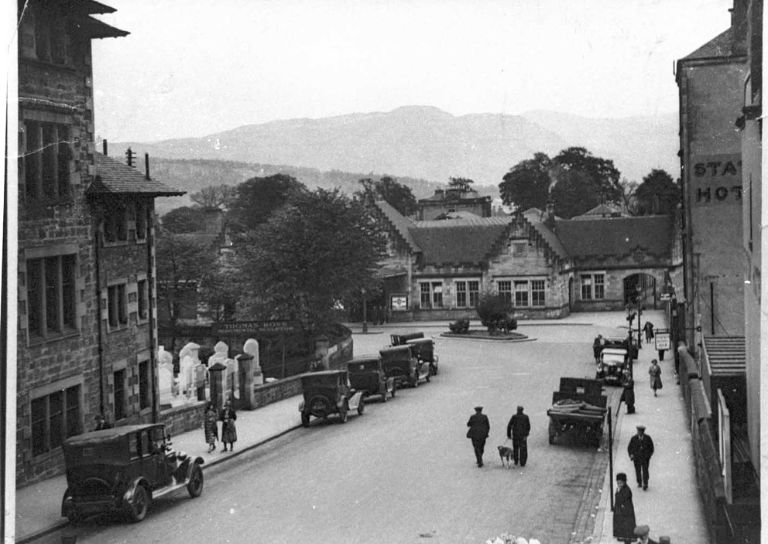
- My Favourite John Allan Building by Joe Hall
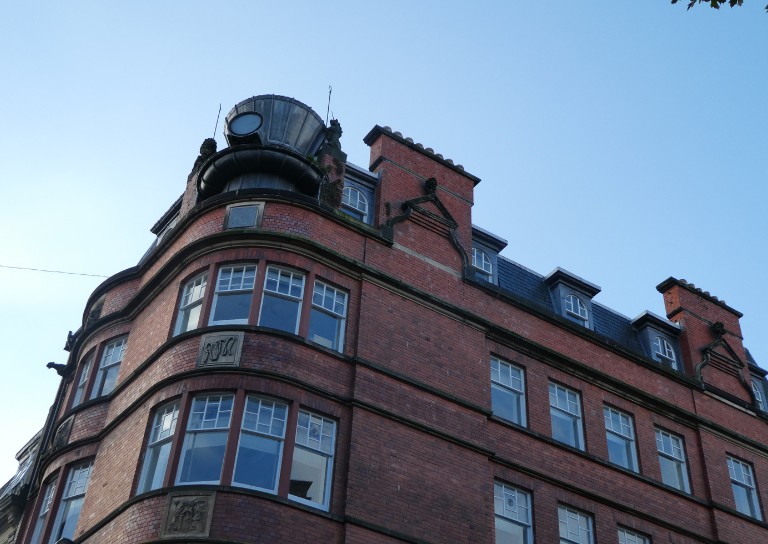
- My Favourite John Allan Building by Lindsay Lennie
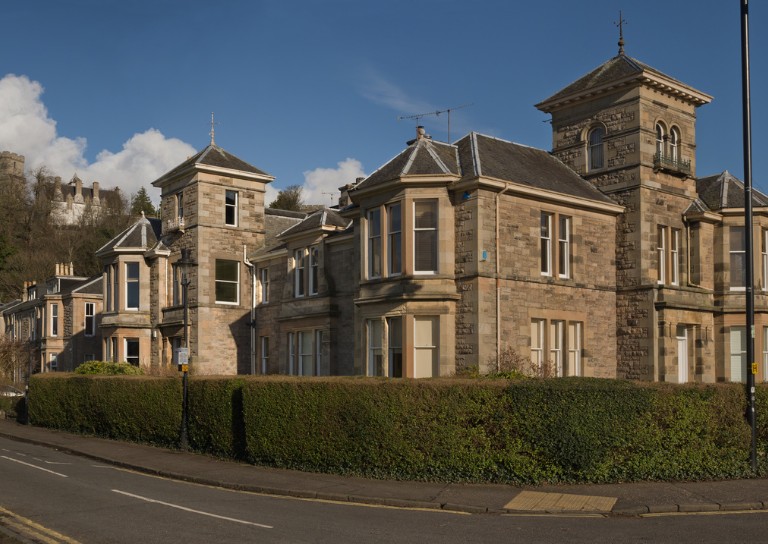
- My Favourite John Allan Building by Andy McEwan
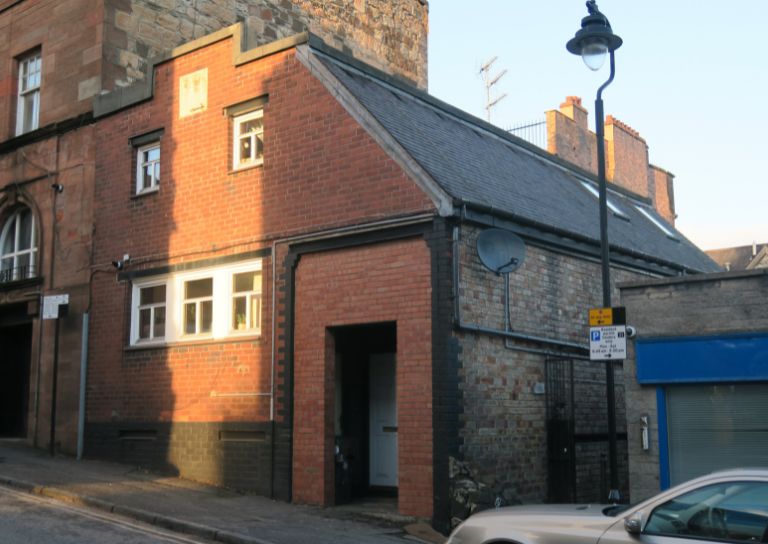
- My Favourite John Allan Building by Pam McNicol
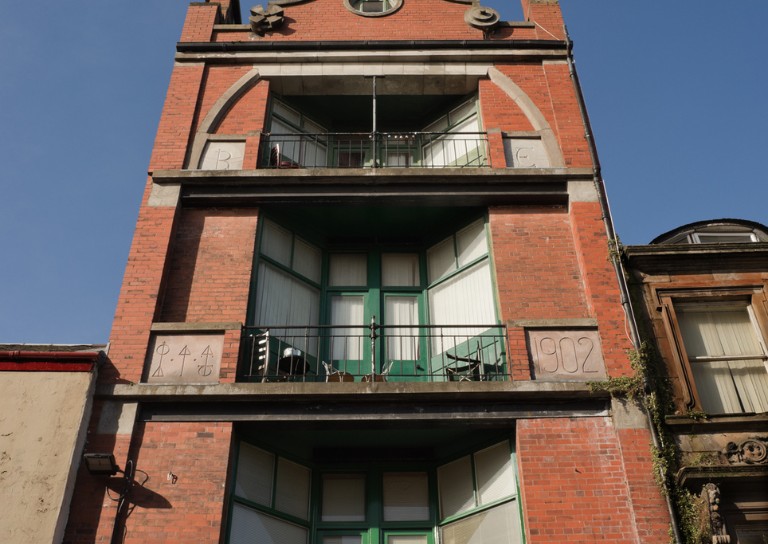
- Celebrating John Allan: A Man of Original Ideas
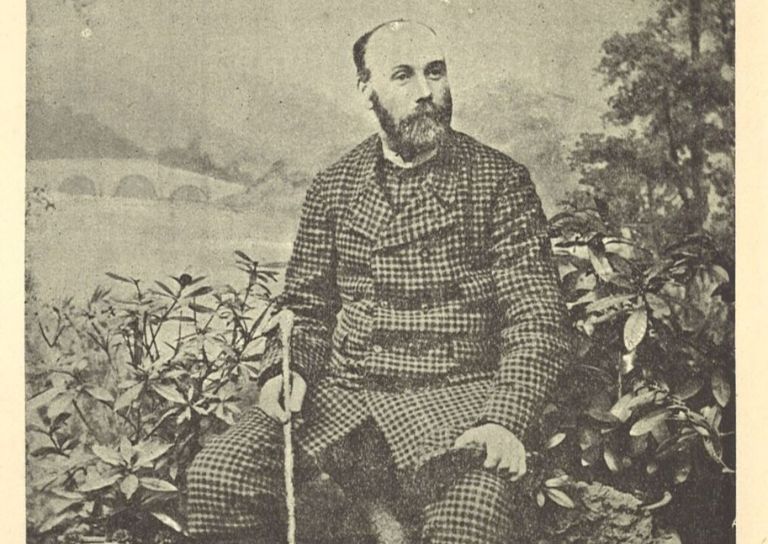
- The Tale of the Stirling Wolf
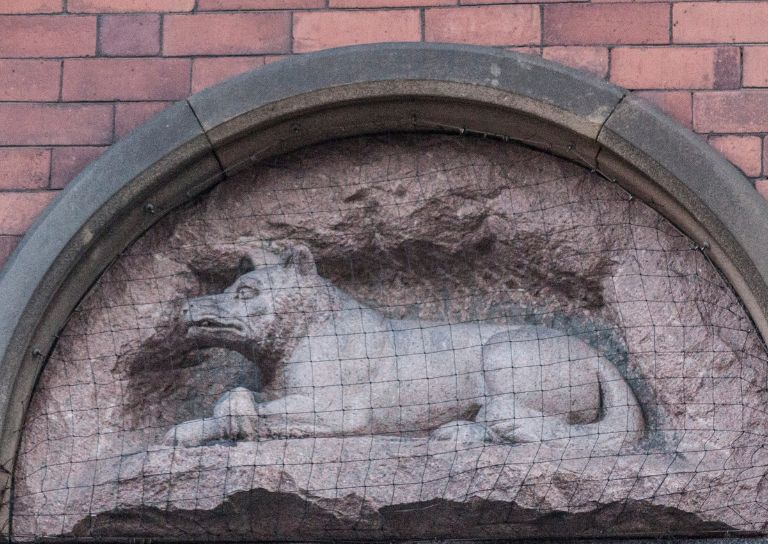
- Stirling: city of culture
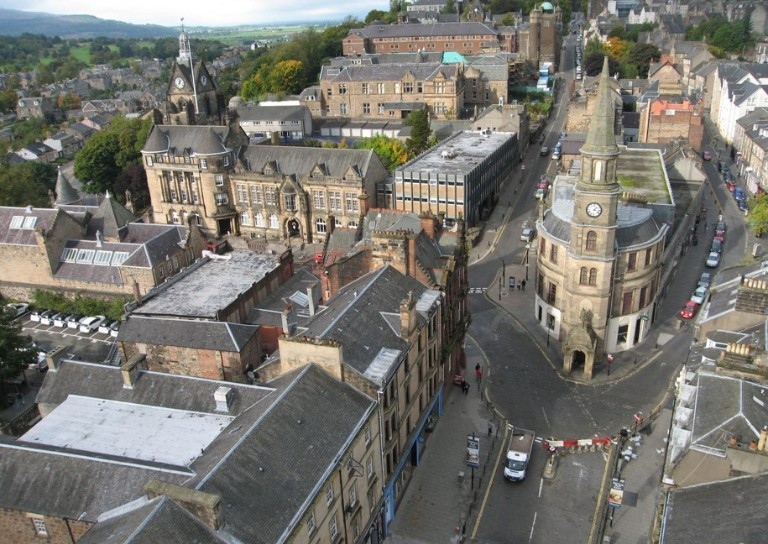
- Christmases Past in Stirling
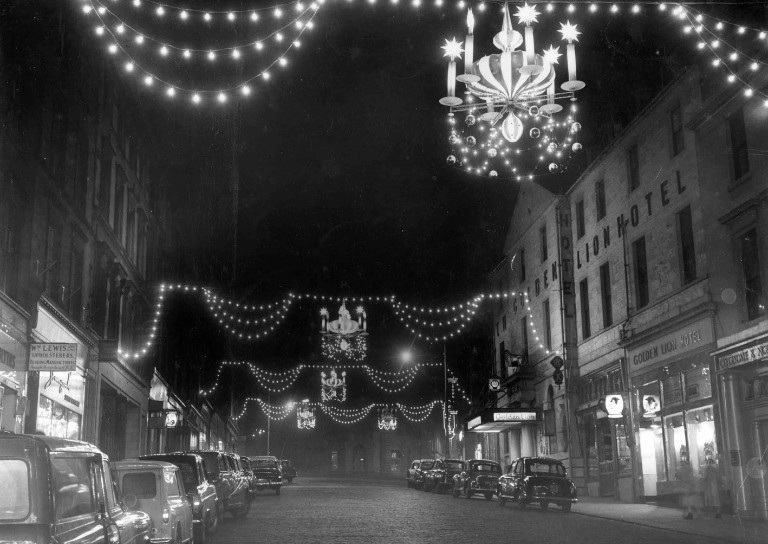
- Stirling’s Historic Graveyards
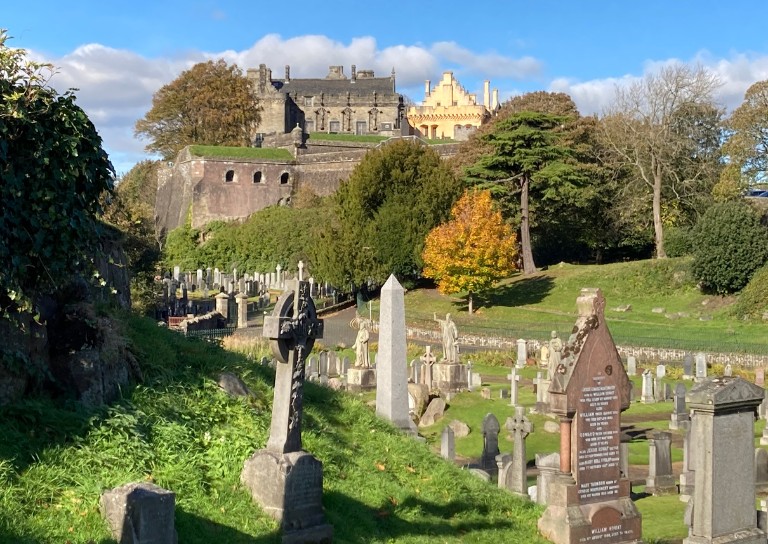
- Top 10 Tips for Architectural Photography
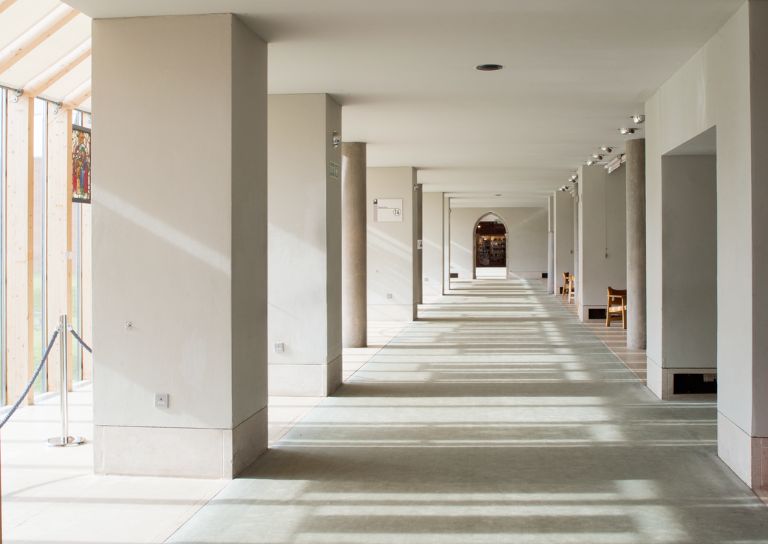
- An Interview with David Galletly
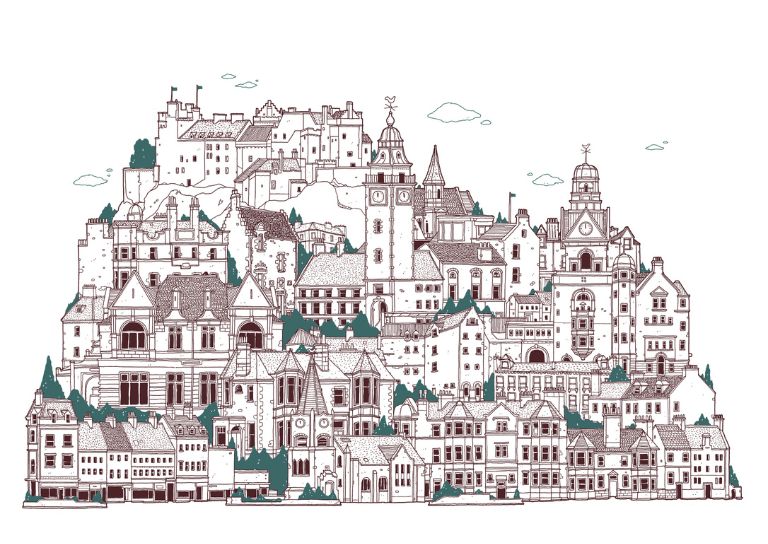
- Springtime in Stirling

- The Kings Knot – a history
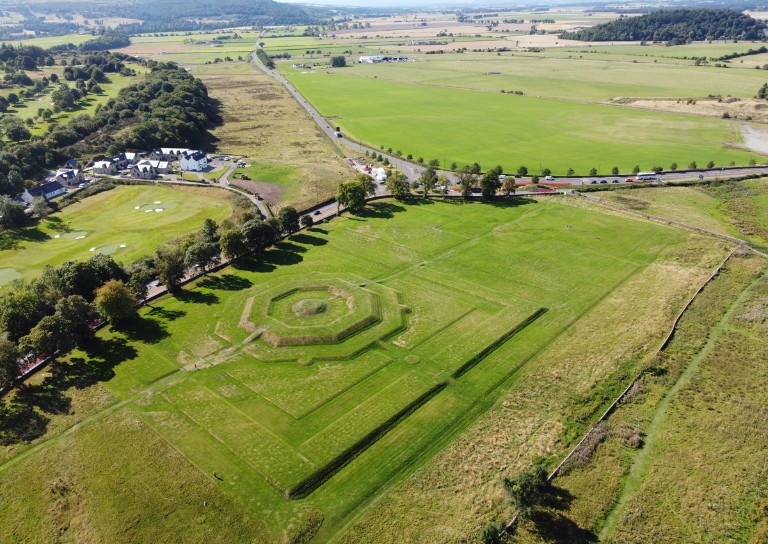
- A Future in Traditional Skills

- Robert Burns’ First Trip to Stirling

- Stirling’s Witches
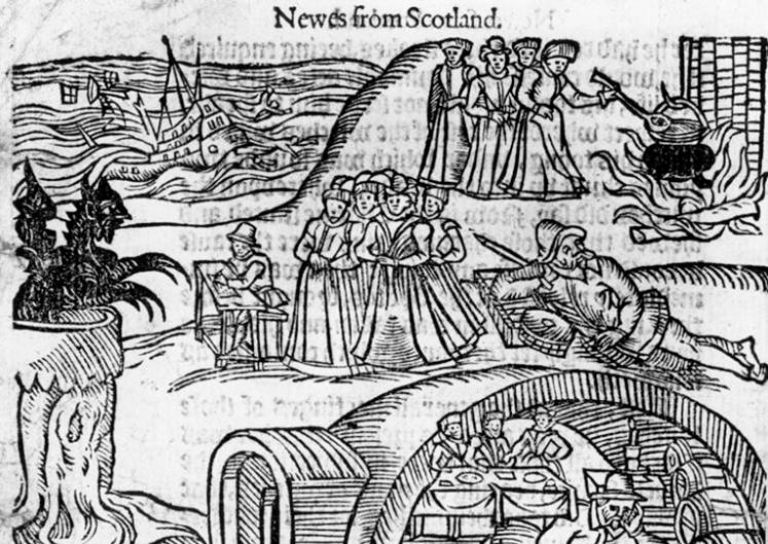
- Stirling’s Ancient Wells
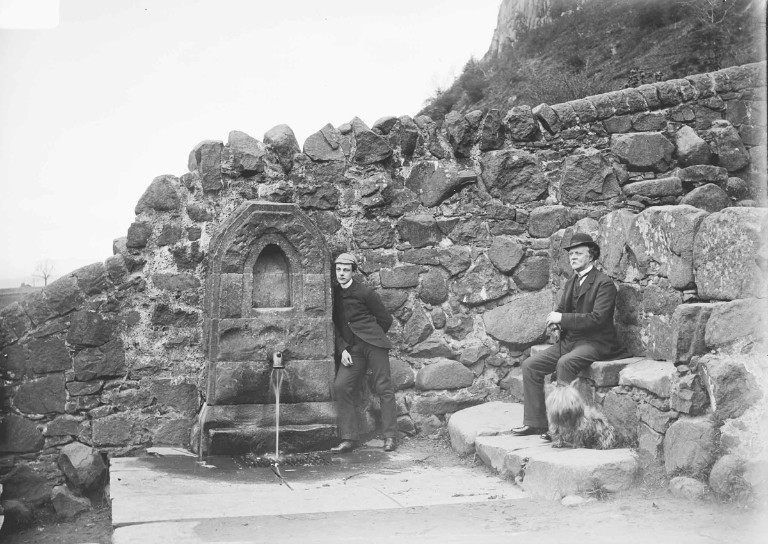
- An architecture student’s take on the City Of Stirling
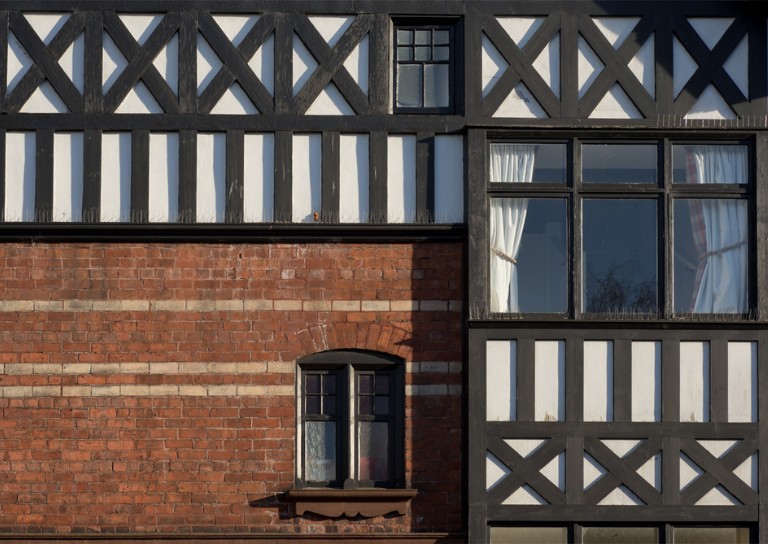
- Ronald Walker: Stirling’s Architect

- Stirling’s Statues
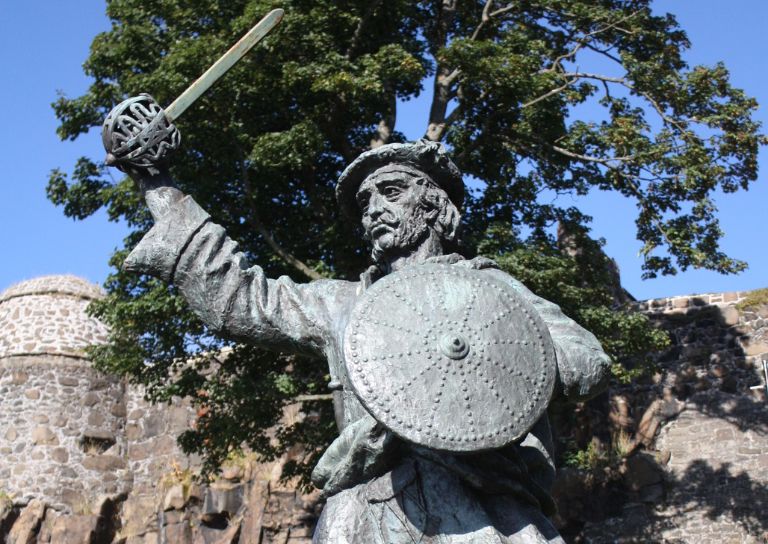
- Stirling’s Wee Bungalow Shops
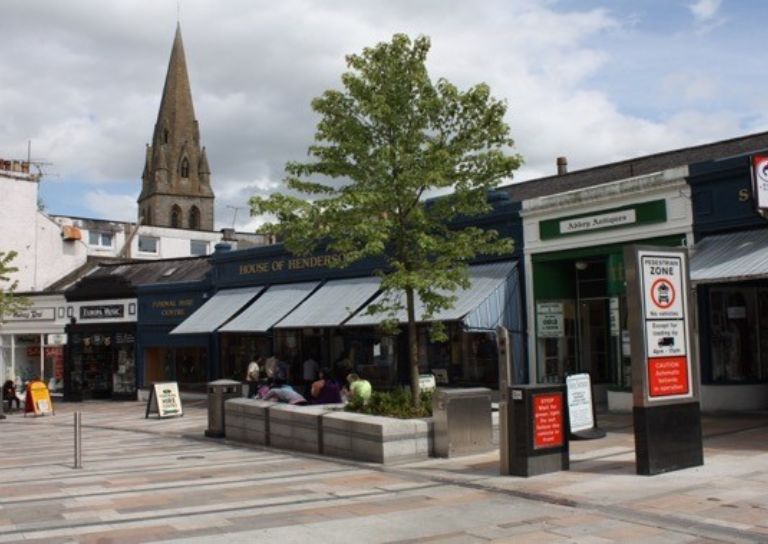
- Stirling’s Historic Hospitals

- Women in Digital Innovation and Construction
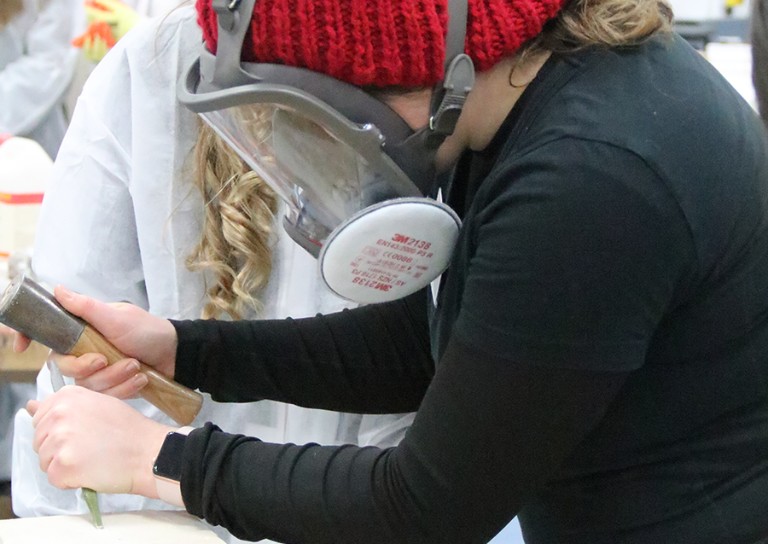
- Heritage at home: 8 of the best online heritage resources
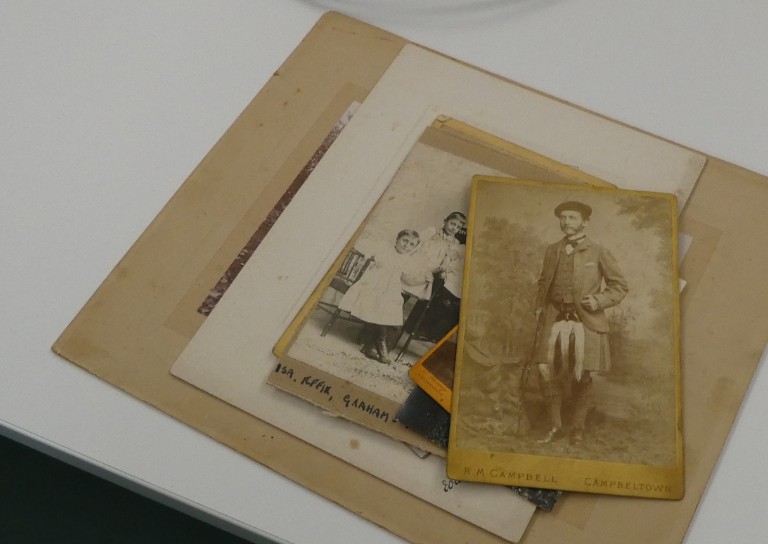
- Stirling featured at virtual heritage conference

- Five of Stirling’s greatest John Allan buildings
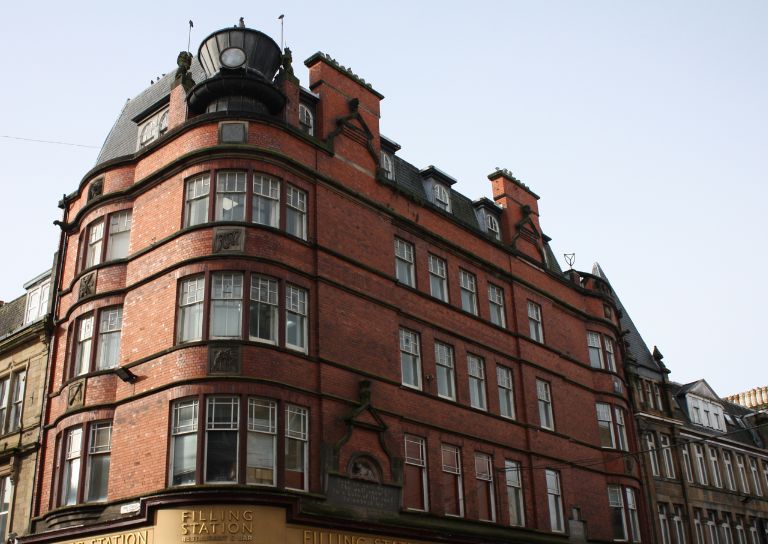
- Women in Construction – Stirling event report

- Scotland’s trailblazing women architects
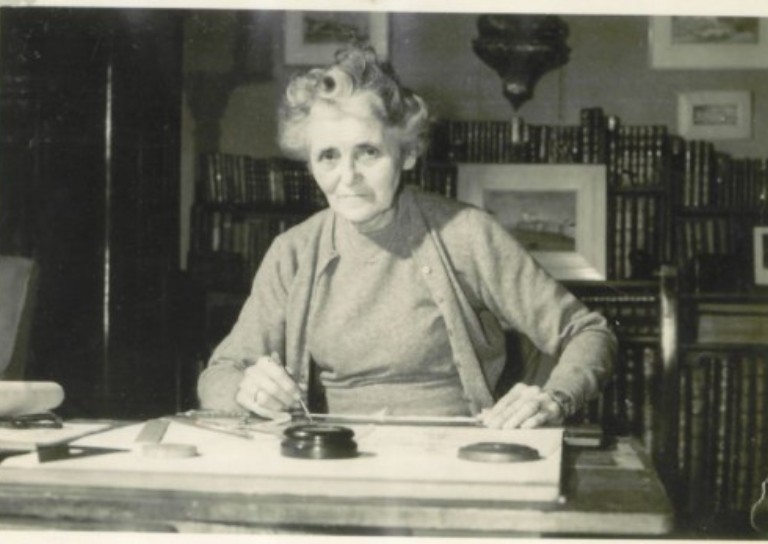
- Stirling’s Heritage: Spotlight on The Granary
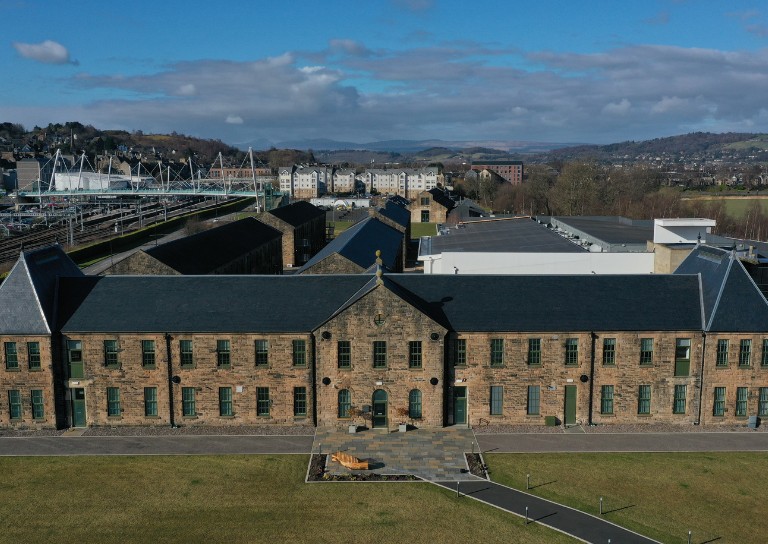
- TBHC Scheme now open to properties in Dunblane and Blairlogie
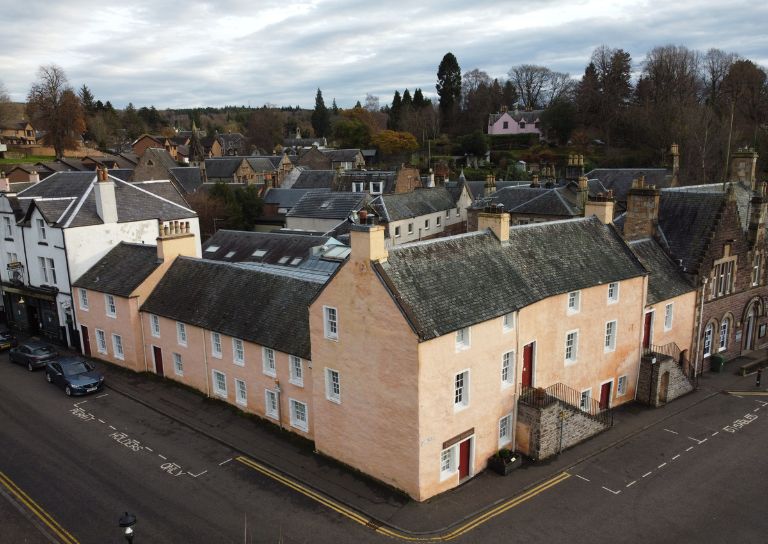
- How drones help us inspect traditional buildings

- Hazardous Masonry & Masonry Falls
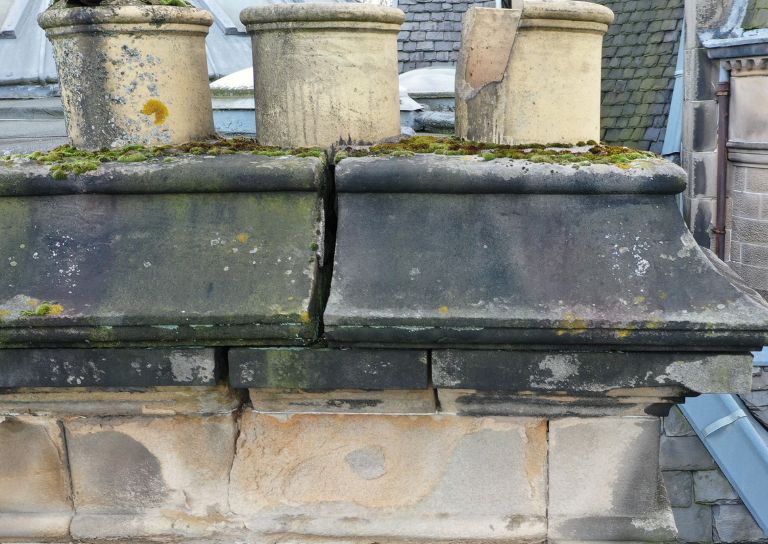
- Mason Bees: What’s the Buzz?
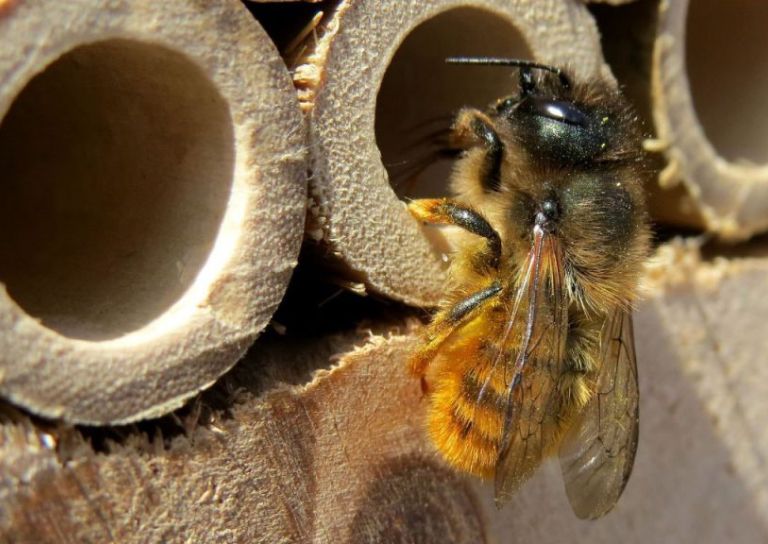
- Stirling Traditional Skills Demonstration Day Success!
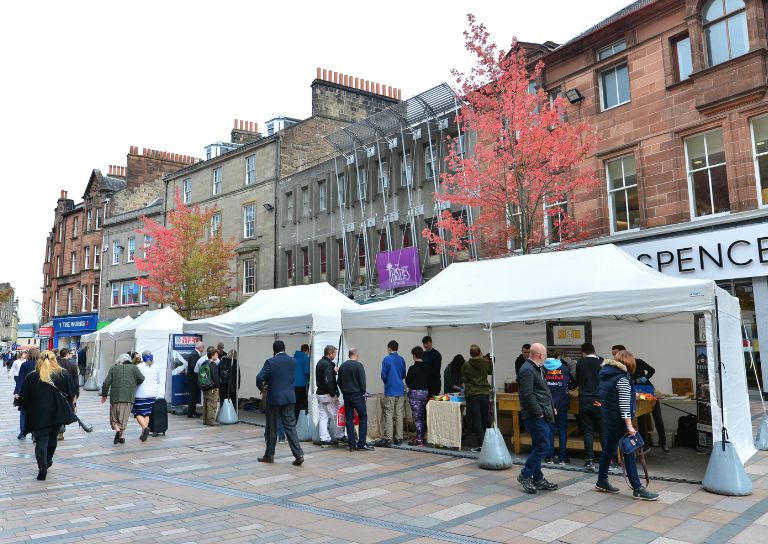
- Floating Head Sculpture at Garden Glasgow Festival 1988
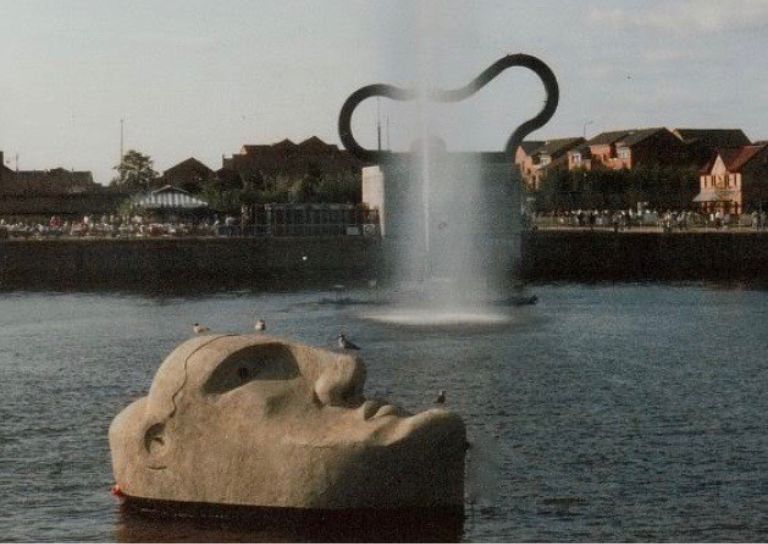
- The story behind Paisley Abbey’s Alien gargoyle
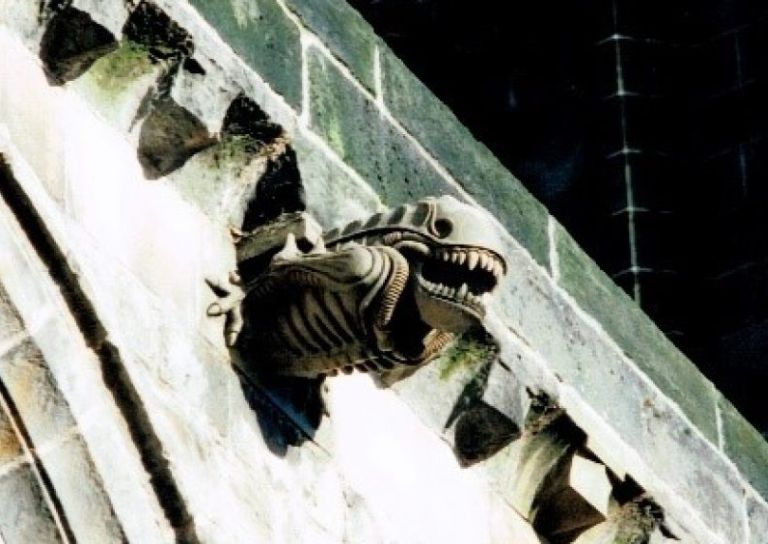
- Cambuskenneth Abbey

- Stirling City Heritage Trust Publications

- Sharing Memories: Taking '20 Great Buildings of Stirling' into the community

- William Wallace Statues In Stirling
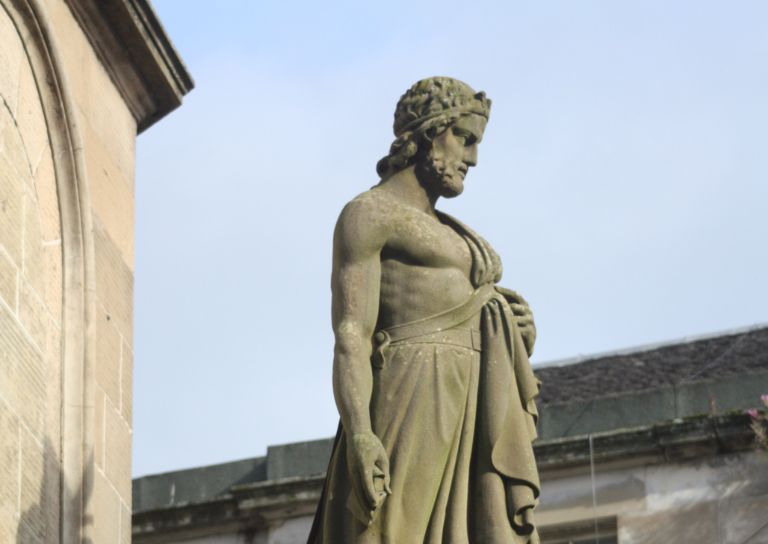
- Coronations and Royal Christenings in Stirling
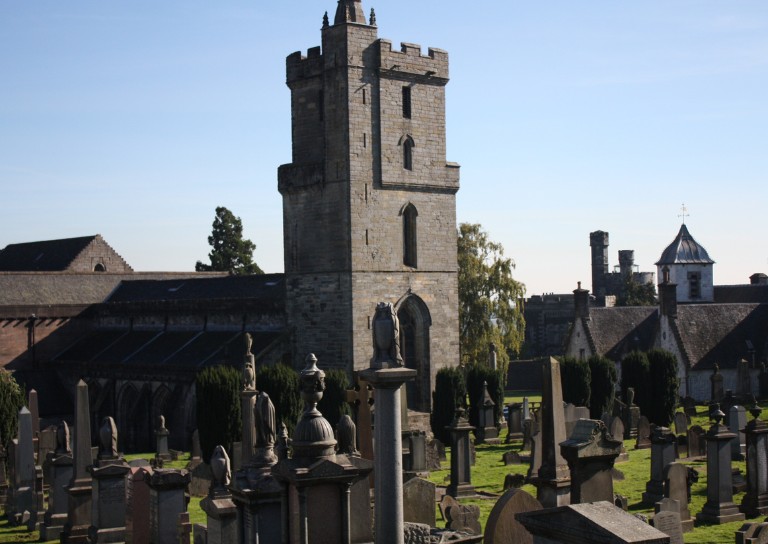
- The development of King's Park

- Energy efficiency project awarded grant from Shared Prosperity Fund

- Inspiring the Future: Stirling City Heritage Trust's Women in Construction Event at Wallace High
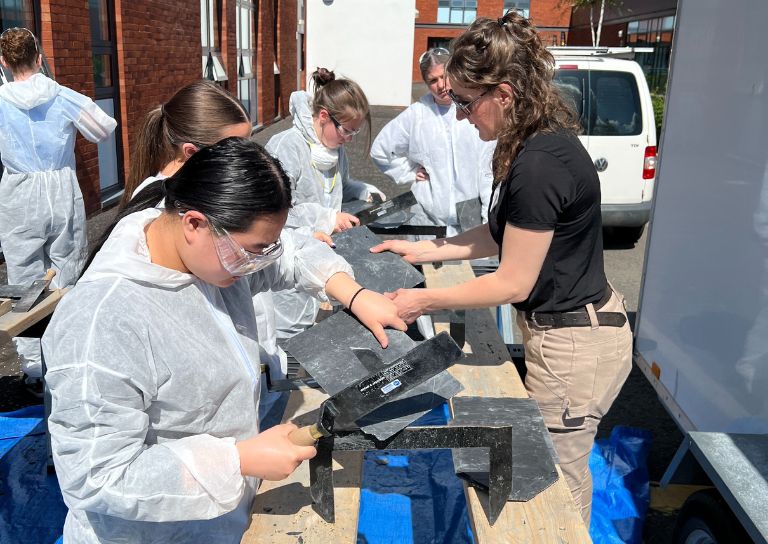
- Doors Open Days Talk: Who Built Stirling?
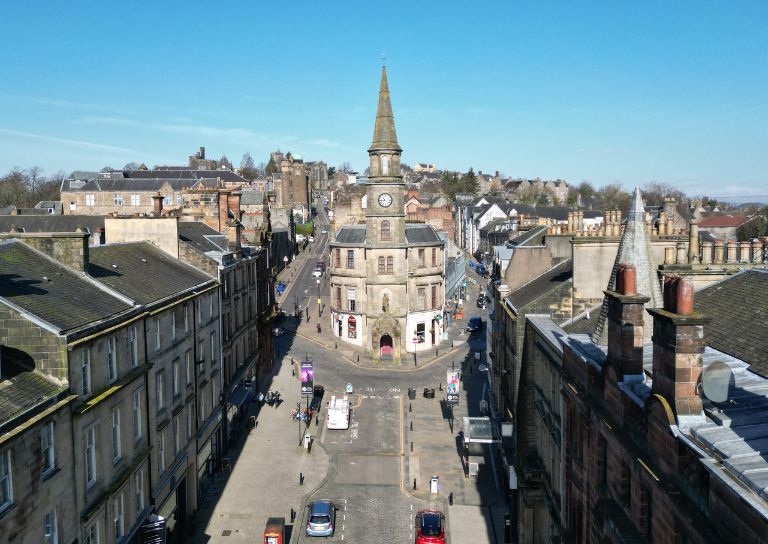
- 10 Years of the Traditional Buildings Health Check

- Growing up in Stirling: A Night of Reminiscence at The Smith
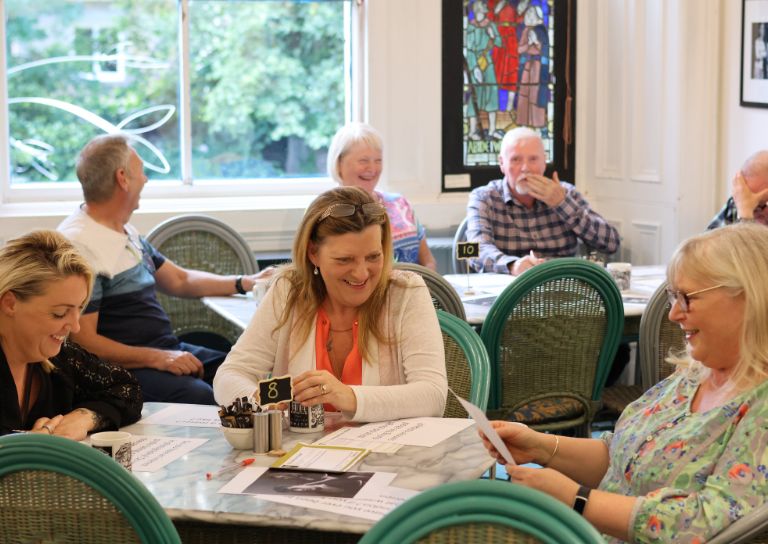
- SCHT visit to Brucefield Estate, Forestmill, Clackmannanshire

- Statement on Christie Clock
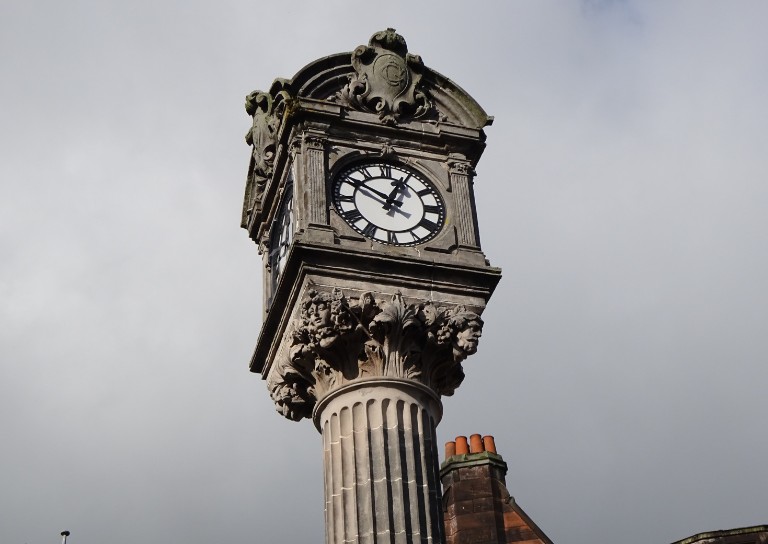
- Stirling’s Lost Skating Heritage
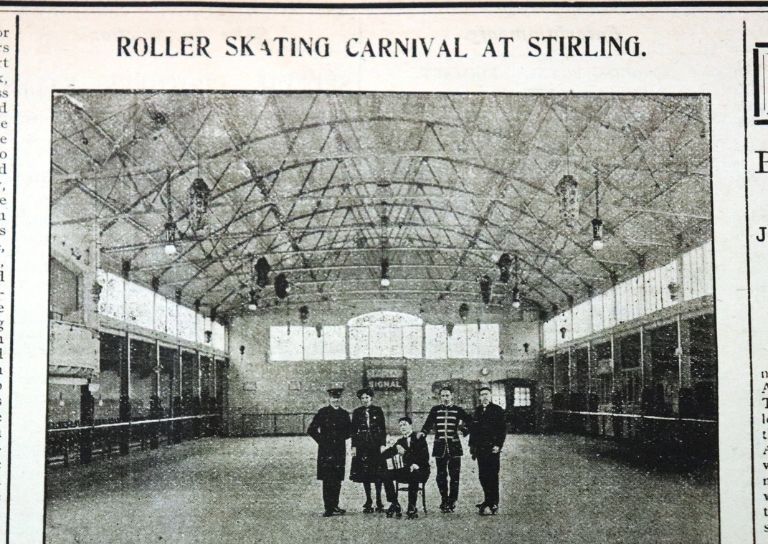
- Laurelhill House and the West Indies
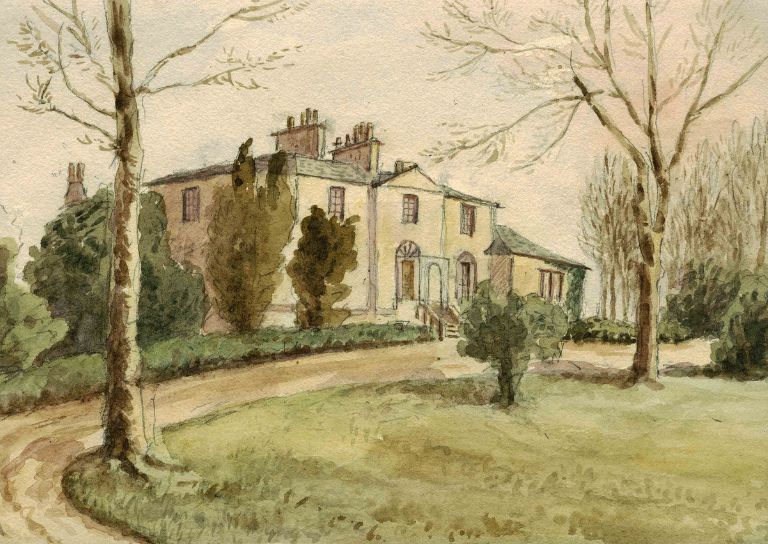
- Beechwood House and the Transatlantic Slave Trade
- About Us
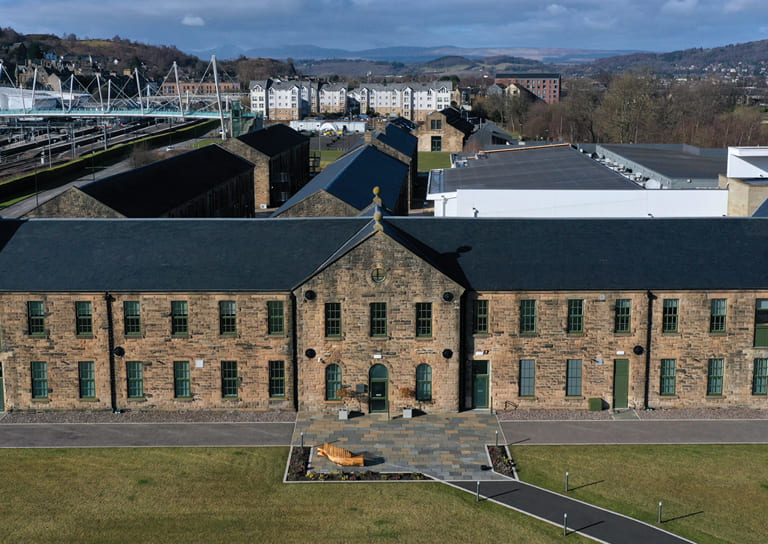
- Support Us
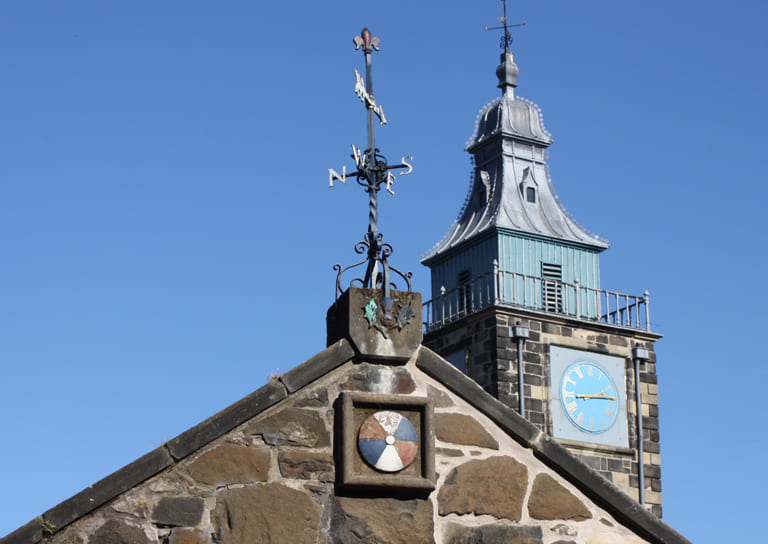
- Contact
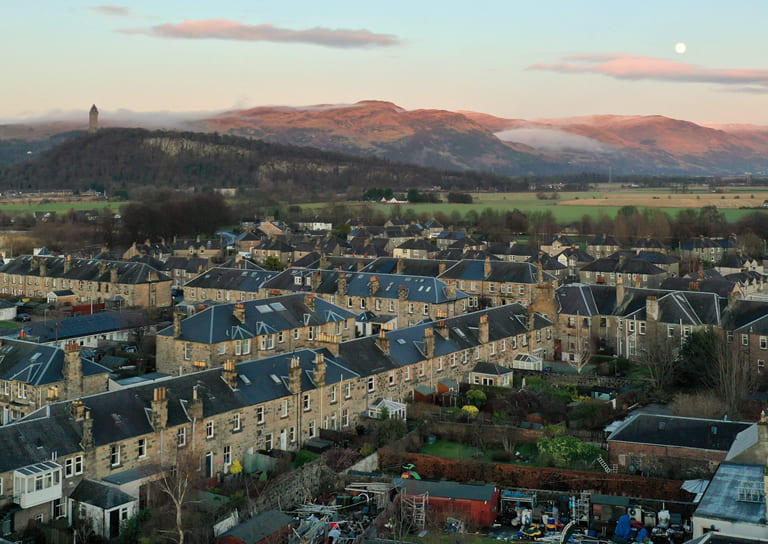
Stirling’s Gala Days

The very first Gala Day may have been held in Loanhead in 1770 when the miners from the Dryden Colliery and their families were invited to celebrate the birthday of local landowner, Lord Lockhart of Carnwarth.
Gala Days then evolved into community-organised celebrations, and by the mid-1800s they were being held across Scotland to commemorate the achievements of the workers’ rights movement. It was a chance for hard working industrial and agricultural communities to come together and have a well-deserved day off work, having fun with family and friends. Gala Days are still celebrated by towns and villages all over Scotland, and the traditions vary, but many involve the crowning of a child as the Gala Queen, fancy dress, floats, a parade through the main street, races, and large outdoor gatherings and parties.
‘Arches’ are built outside the house of the Queen and her courtiers, and now they can take the form of anything from castles to recreations of movie sets. These modern arches stem from the original tradition of constructing huge wooden arches which spanned the roads in front of the homes of the Gala Queen and her courtiers. Then as now, things got competitive, and prizes were given out for the best arches. Bunting would line the streets, and the whole community got behind the event, with Gala Day Committees spending all year organising the day itself, and keeping their fingers crossed for good weather. Some things never change!
The images in this blog post were collected and donated to the Stirling Archives as part of their Re:Collections project, so we have to say a huge thank you to the donors for sharing their photographs with us and giving us glimpses of Gala Day’s past.
Stirling Archives Re:Collections project aims to use local libraries as hubs for people to come in and share their images and memories. If you want to find out more, contact archives@stirling.gov.uk


